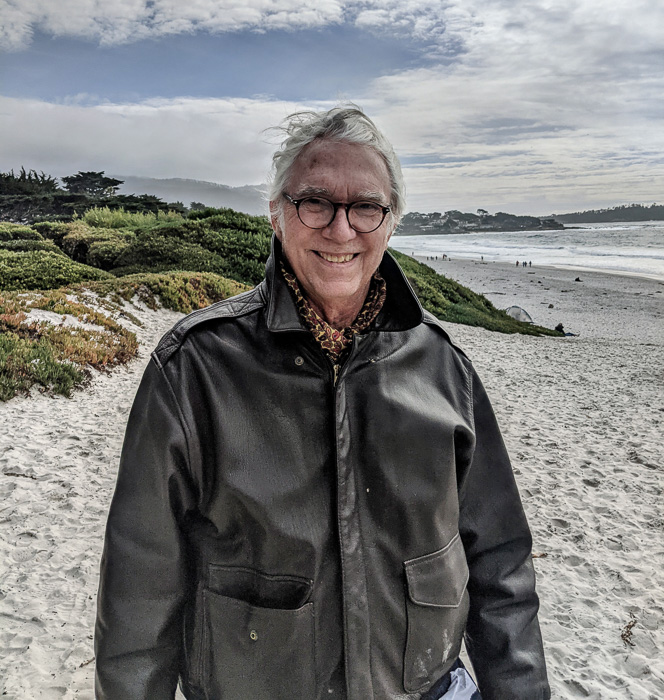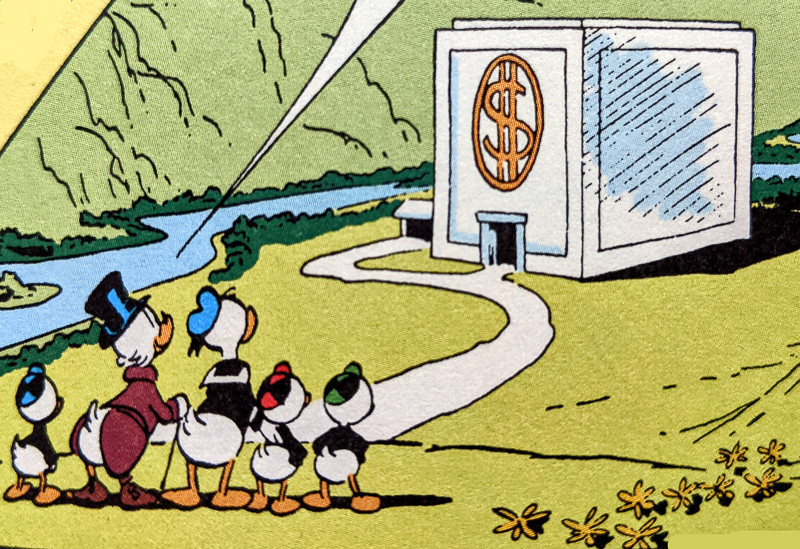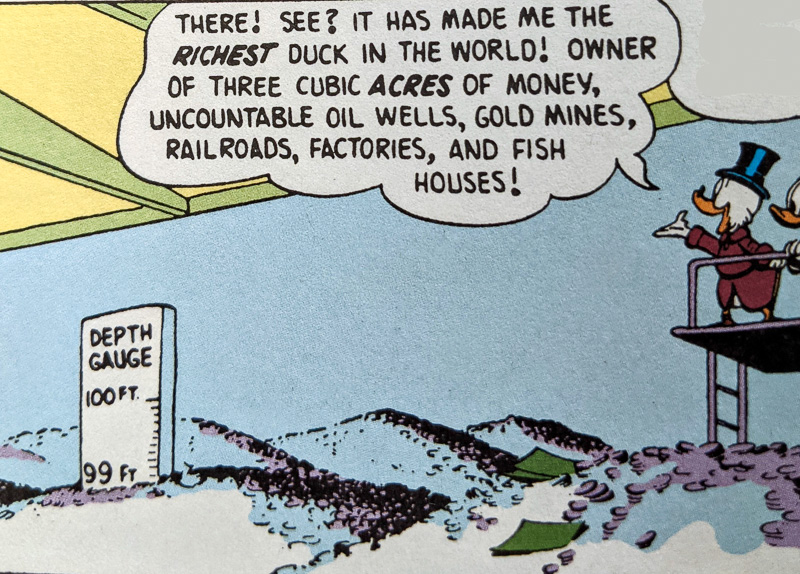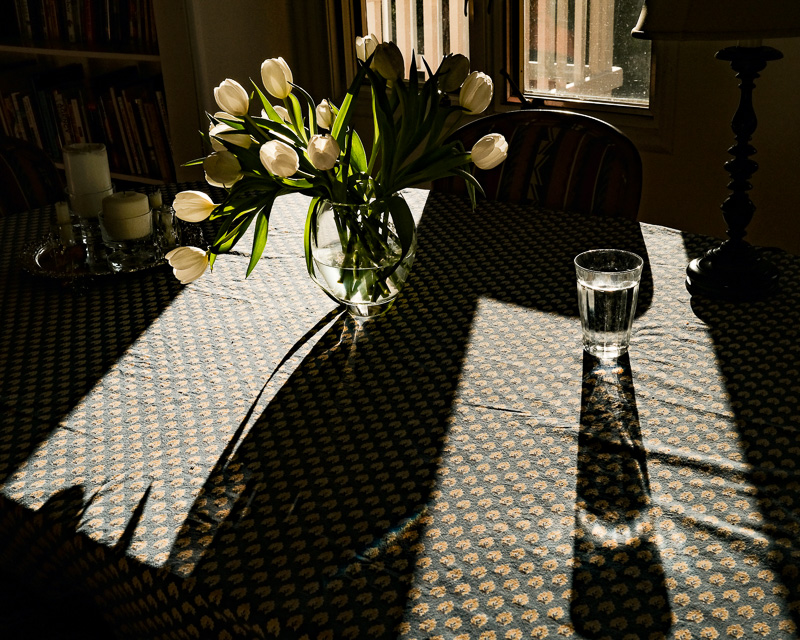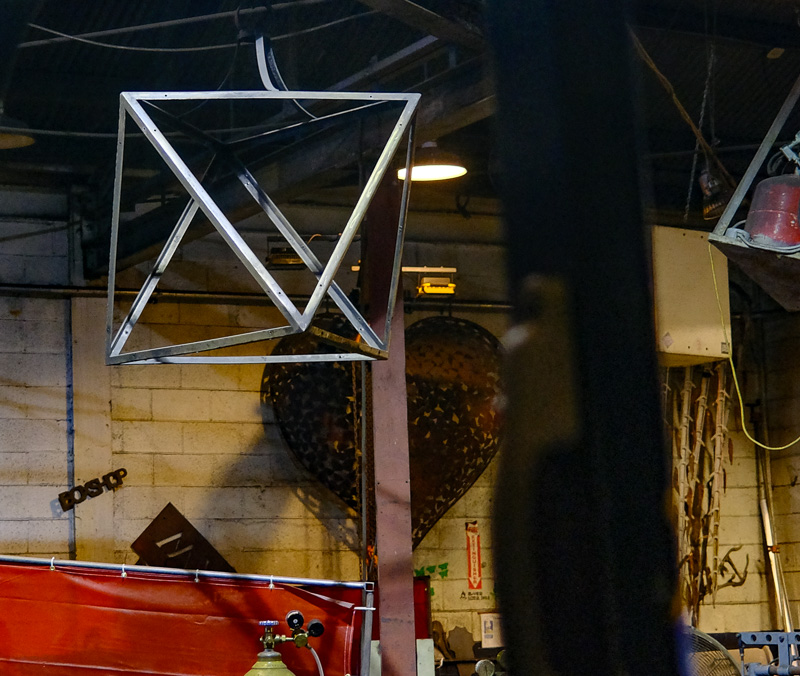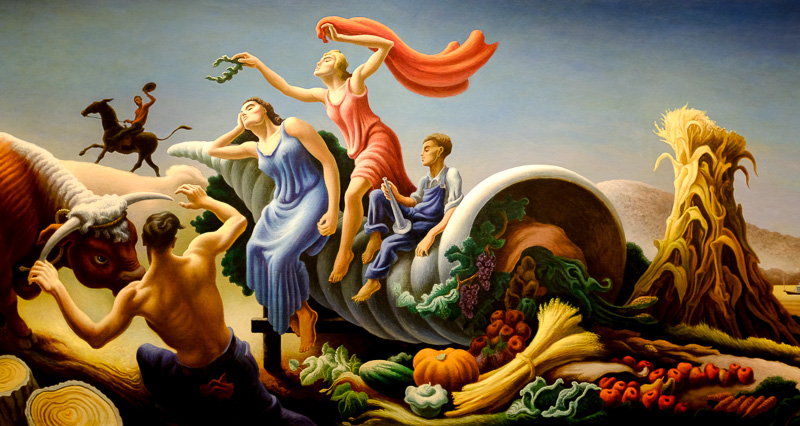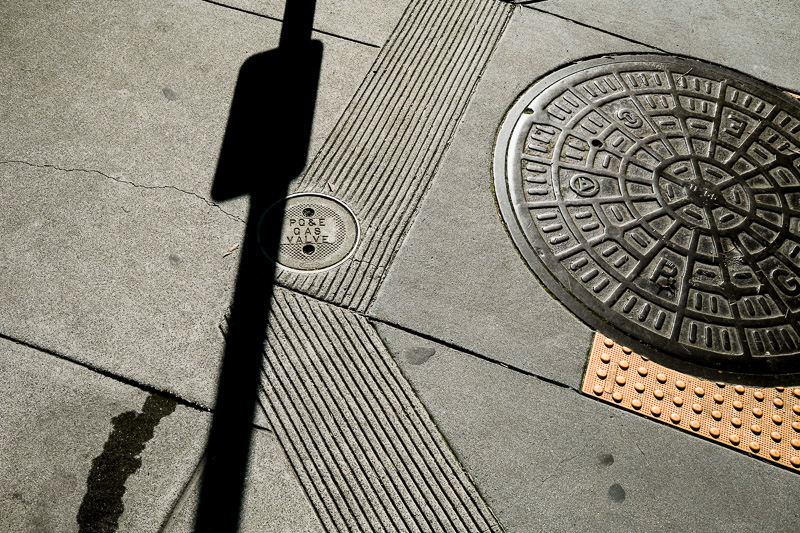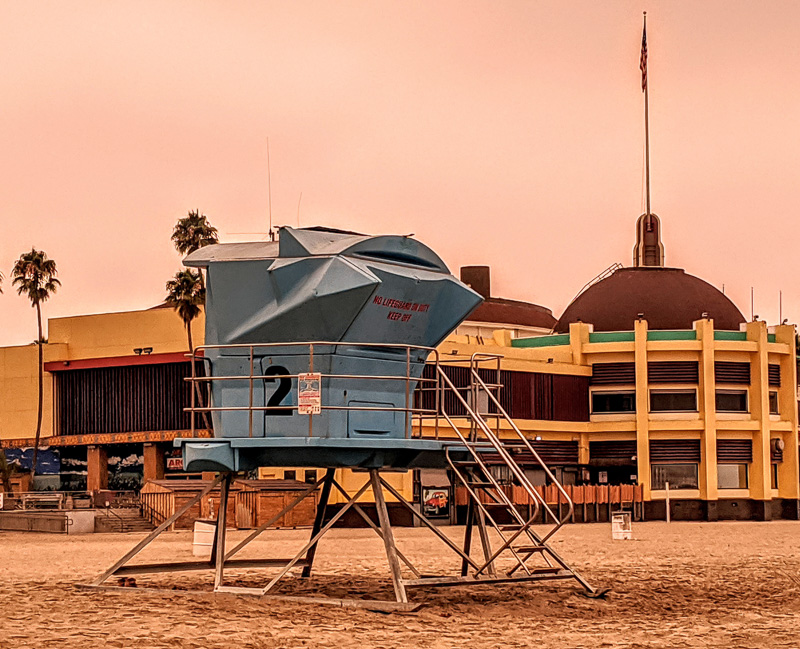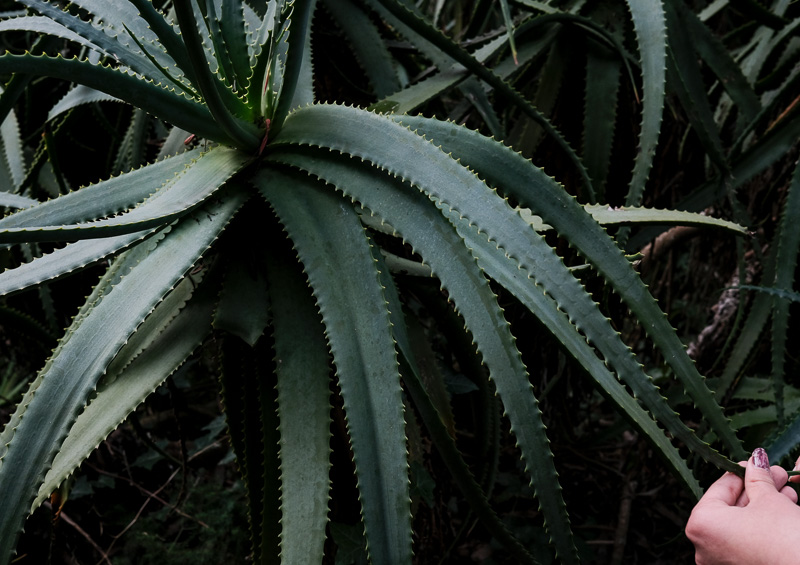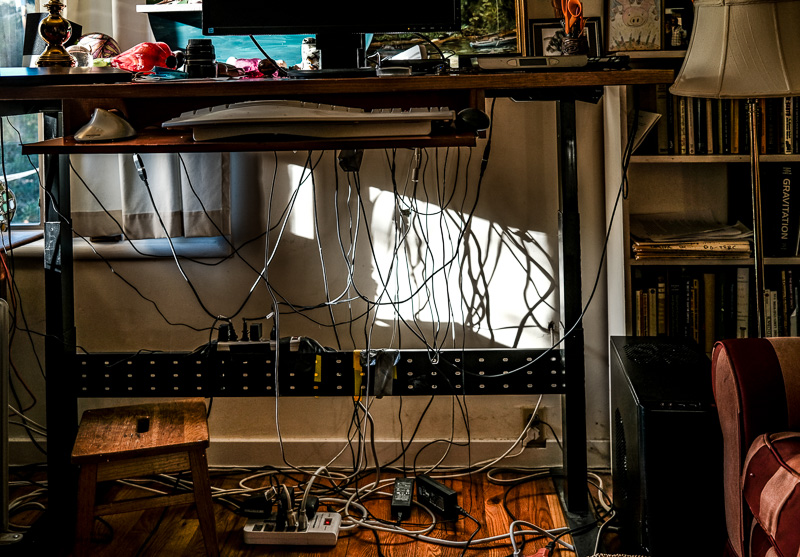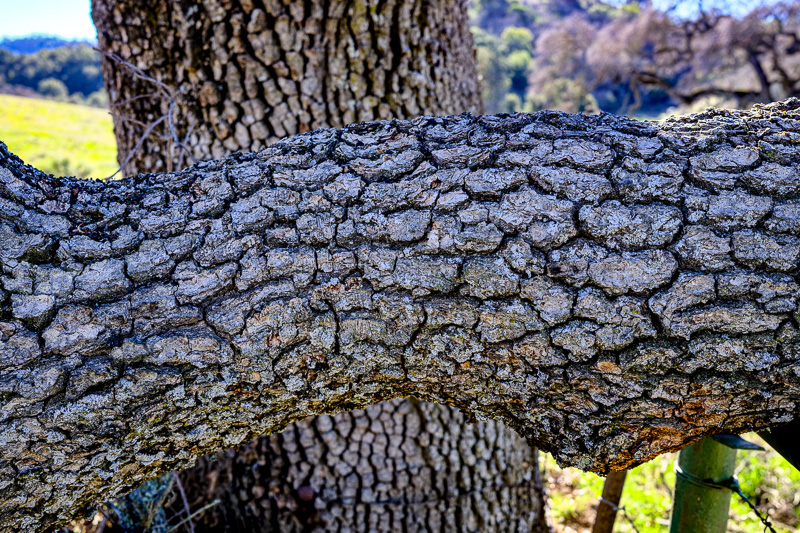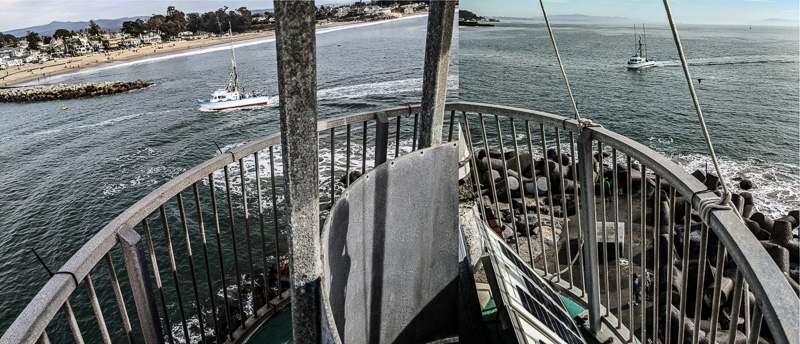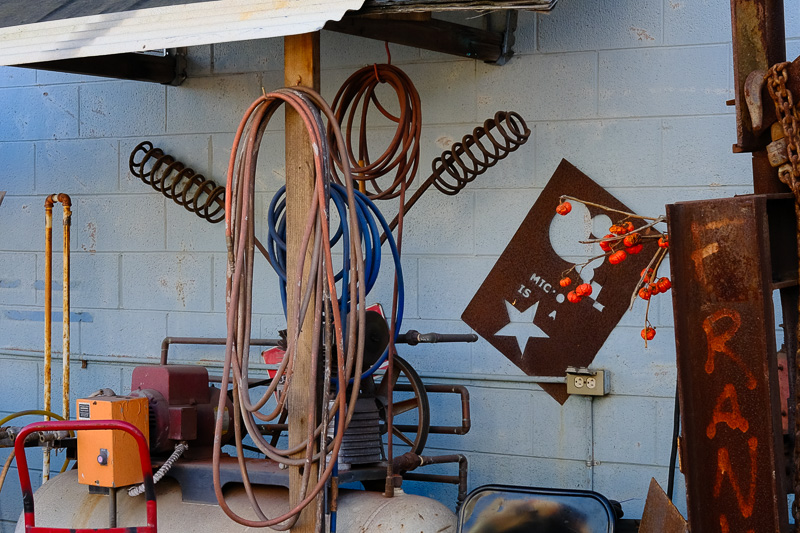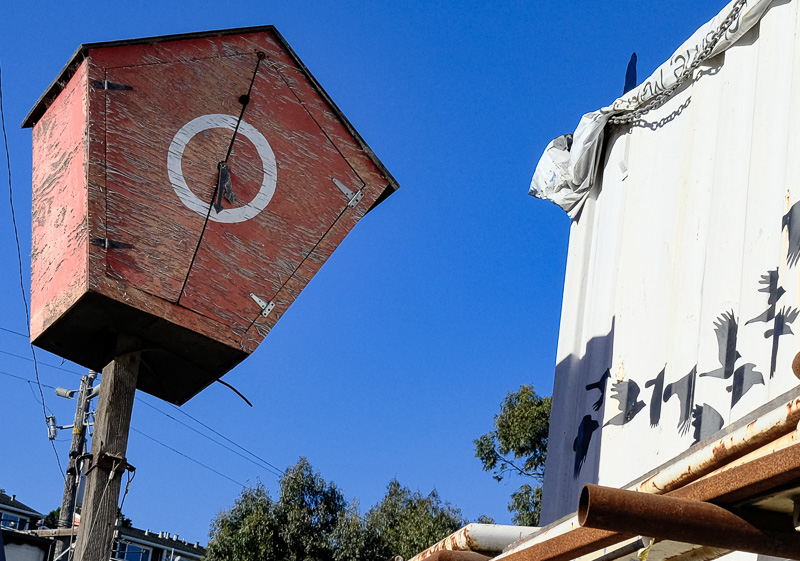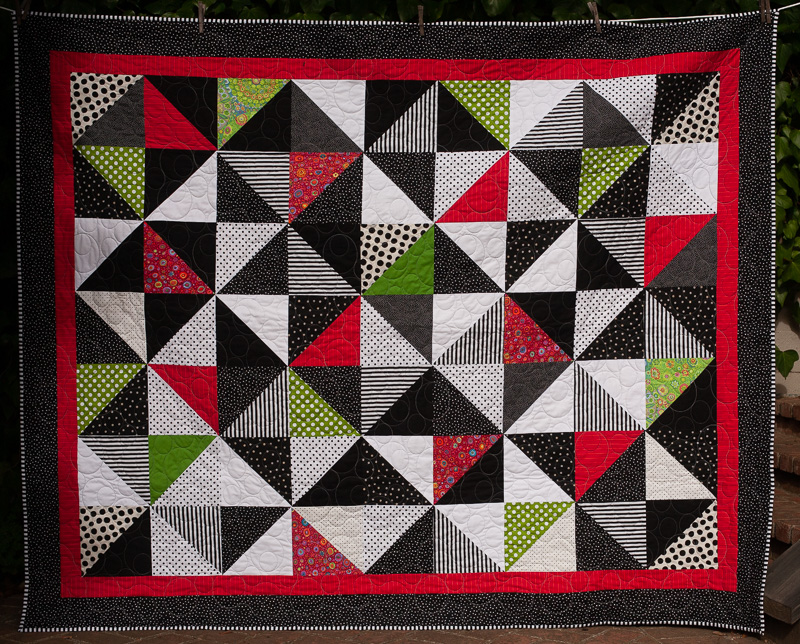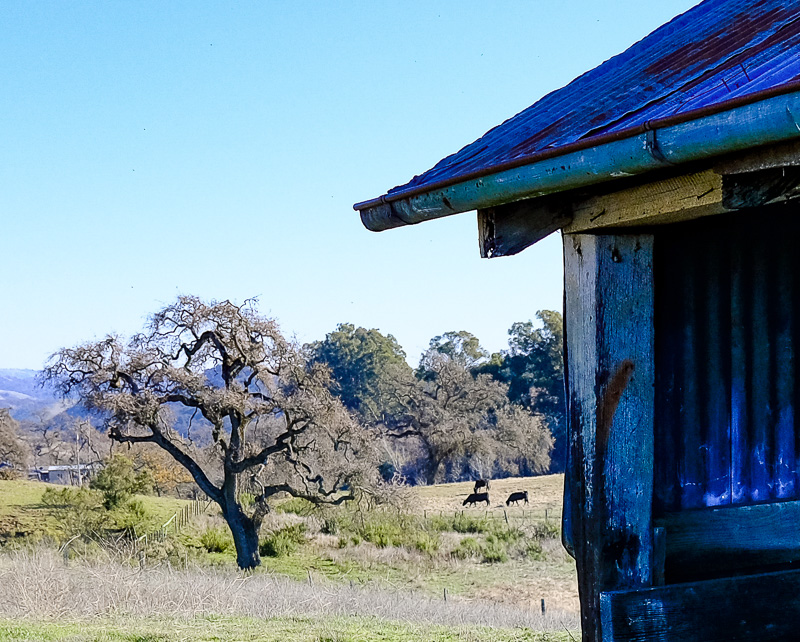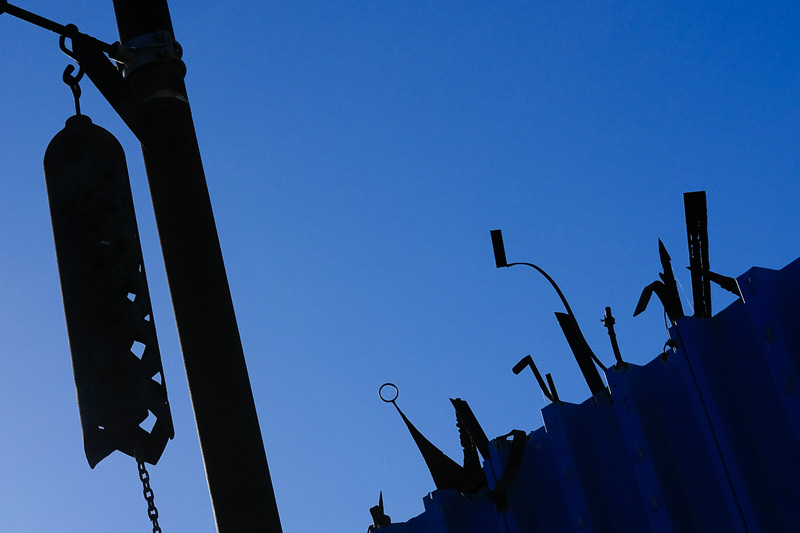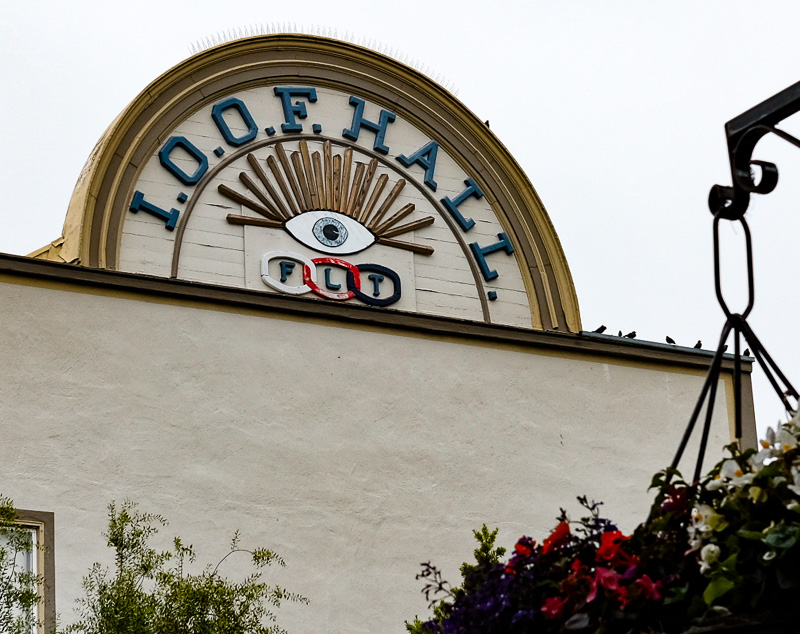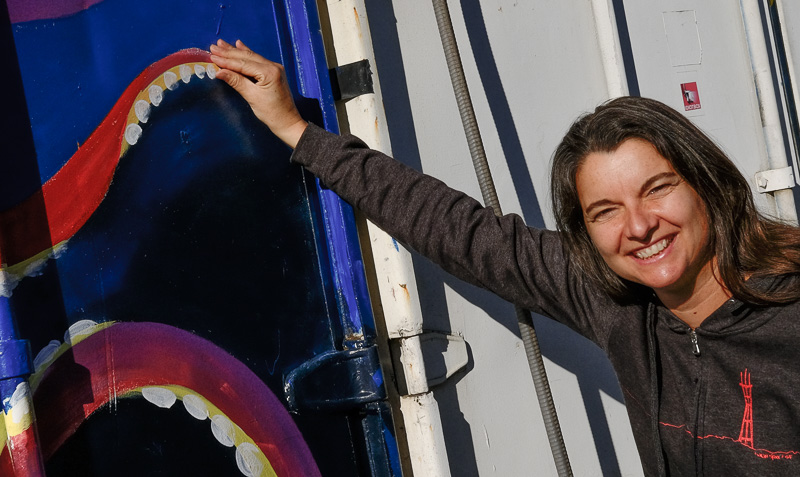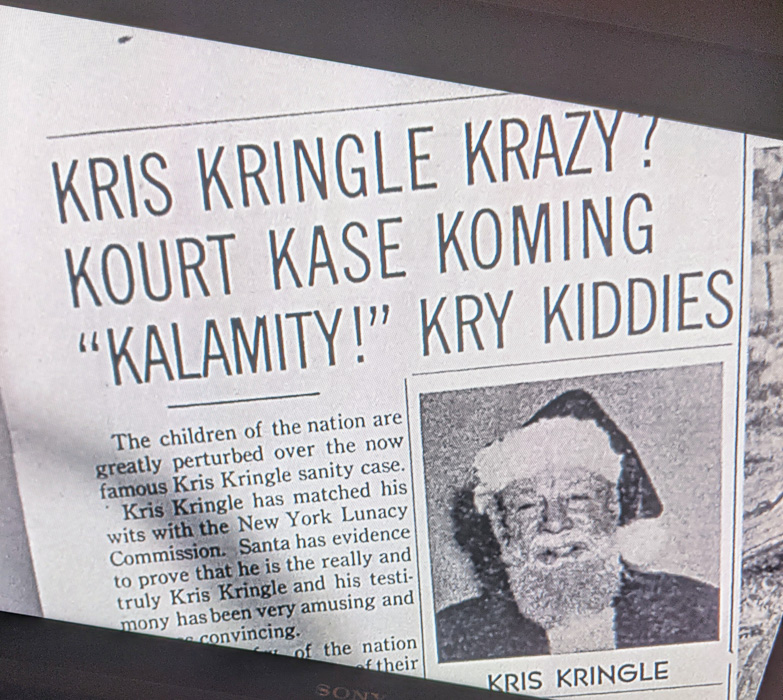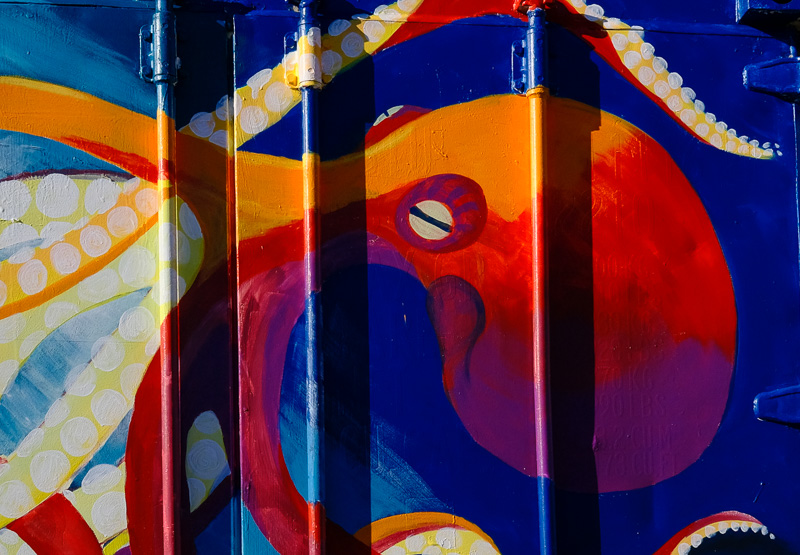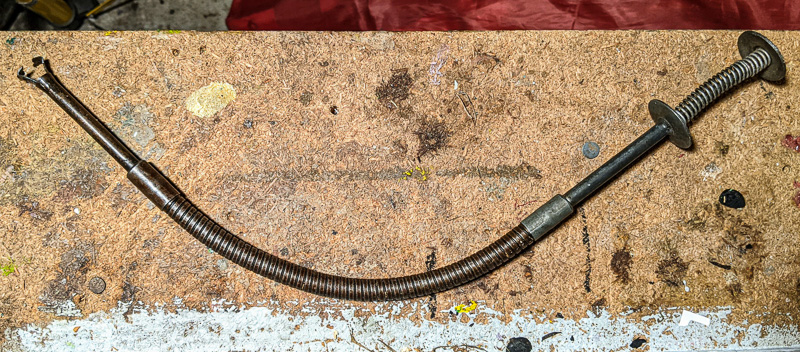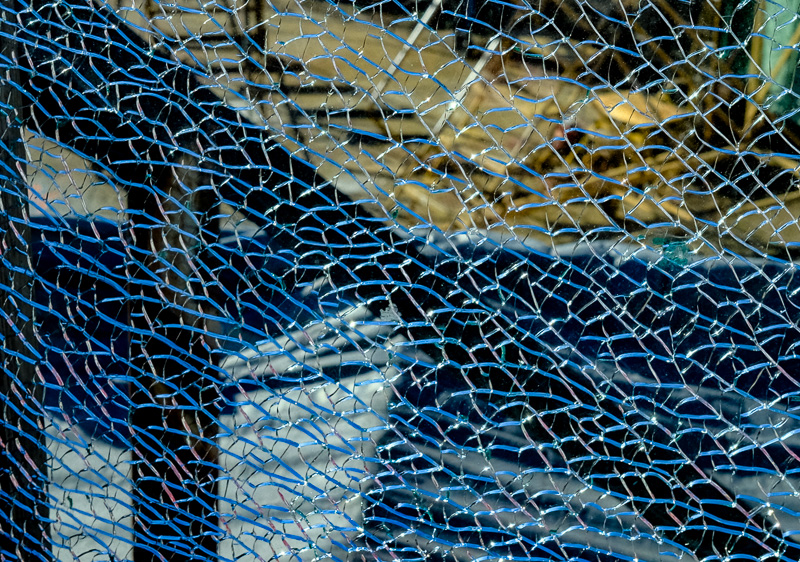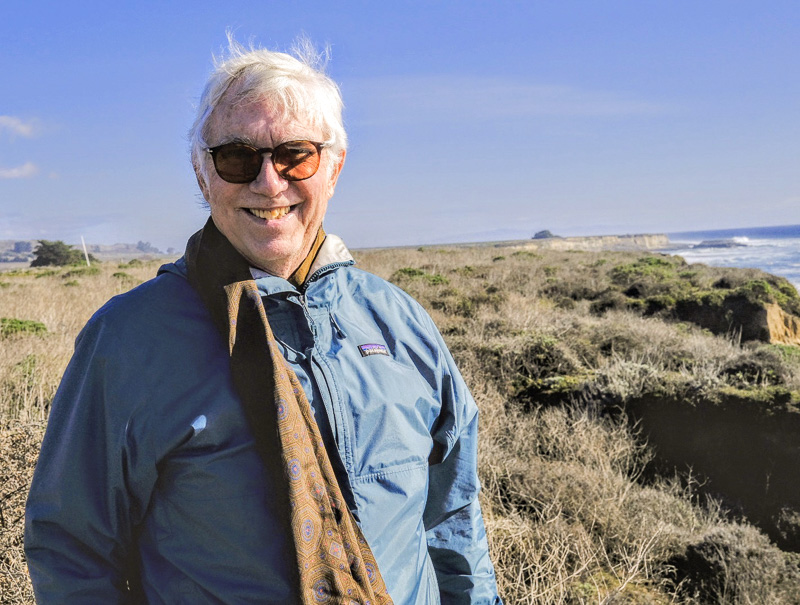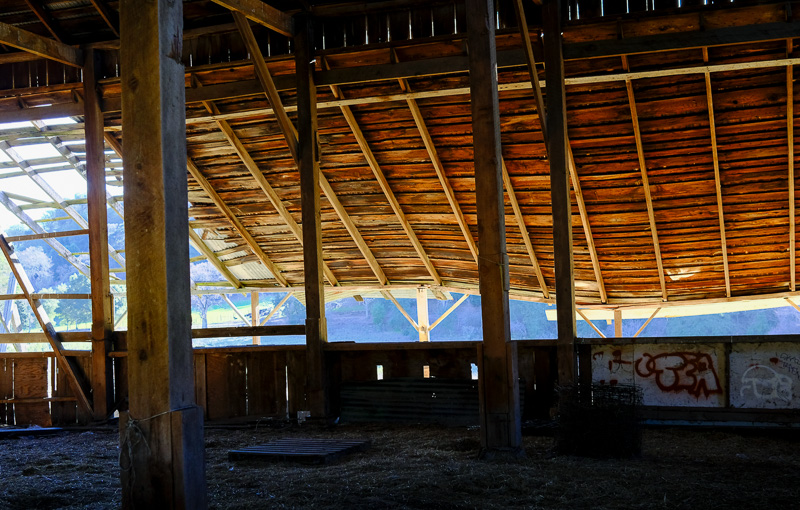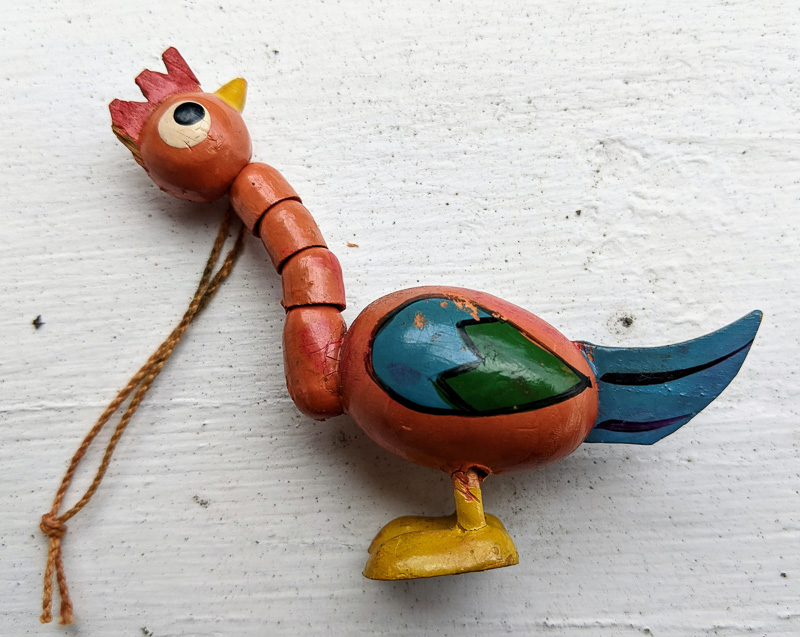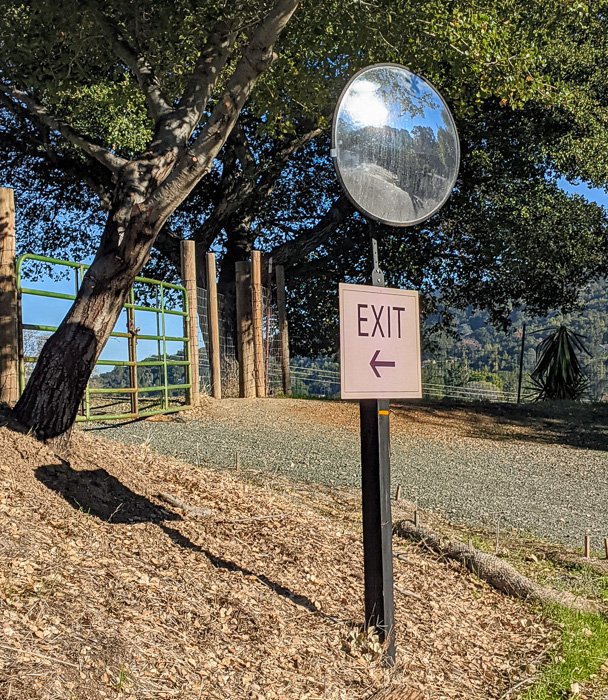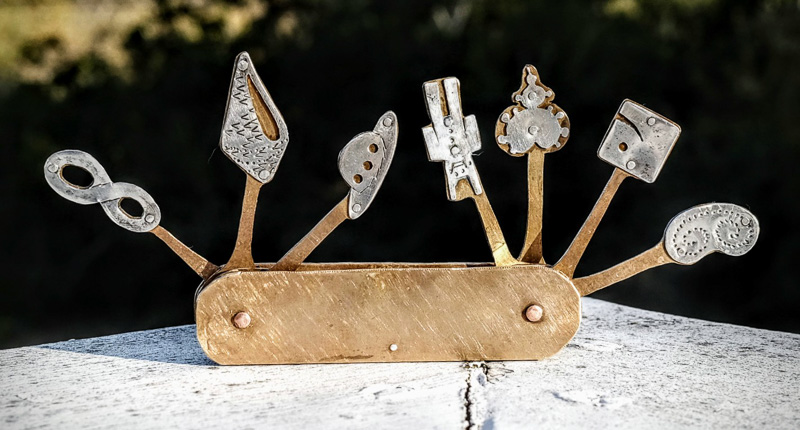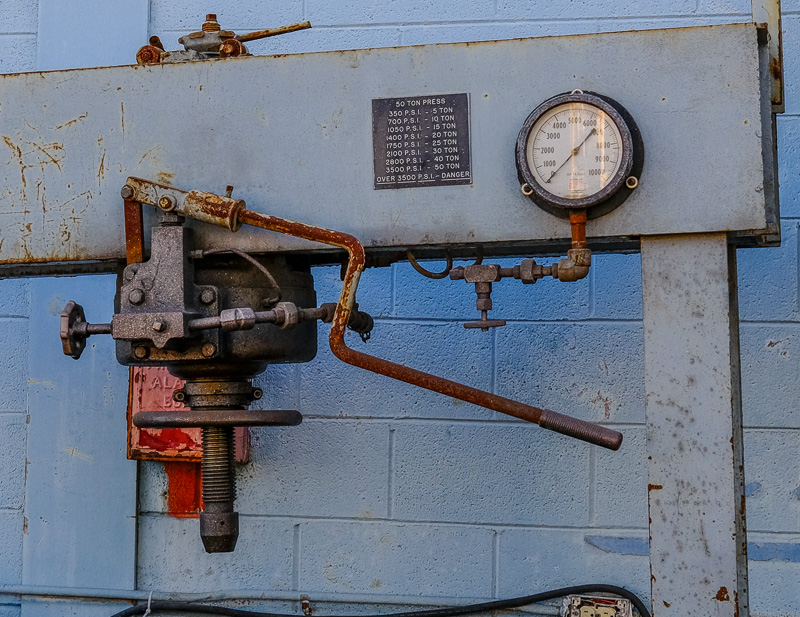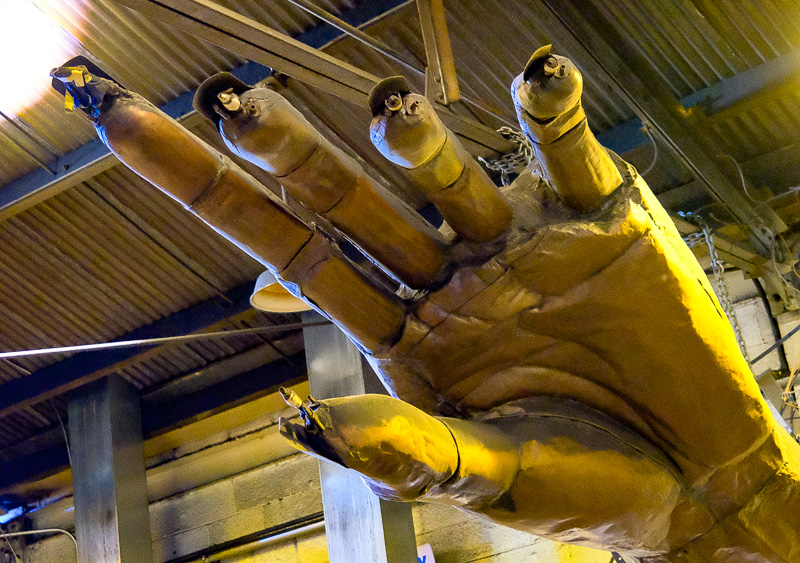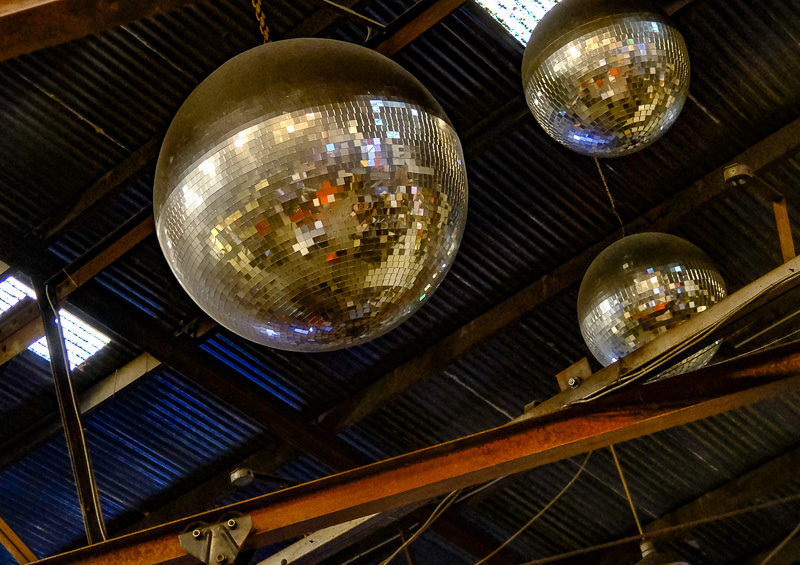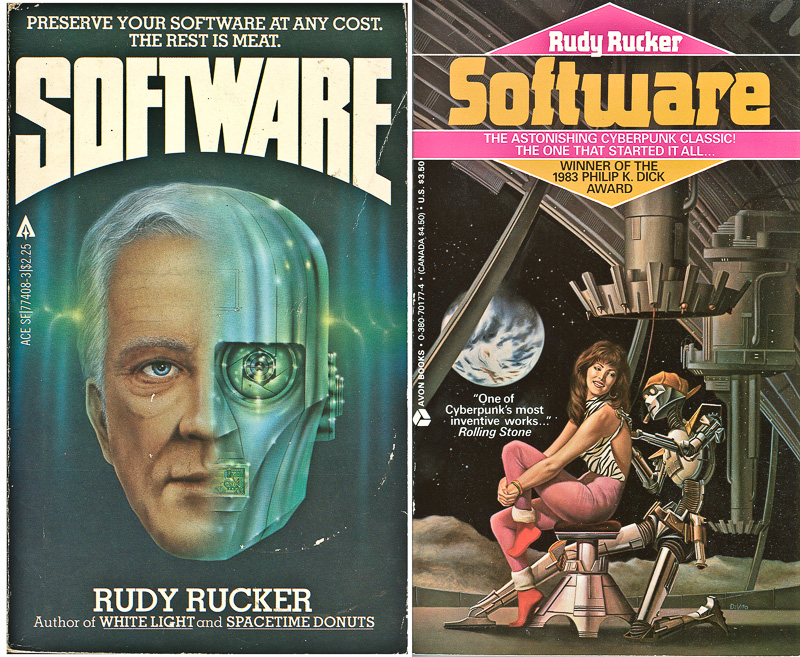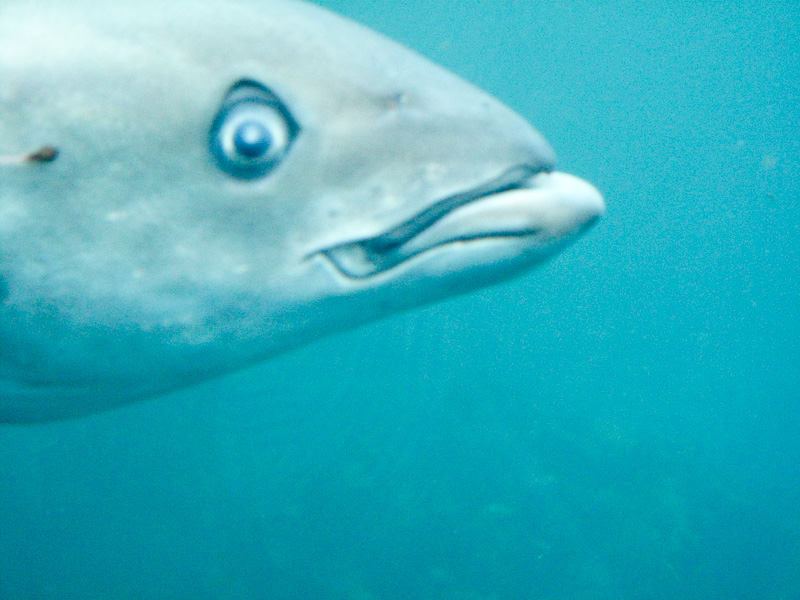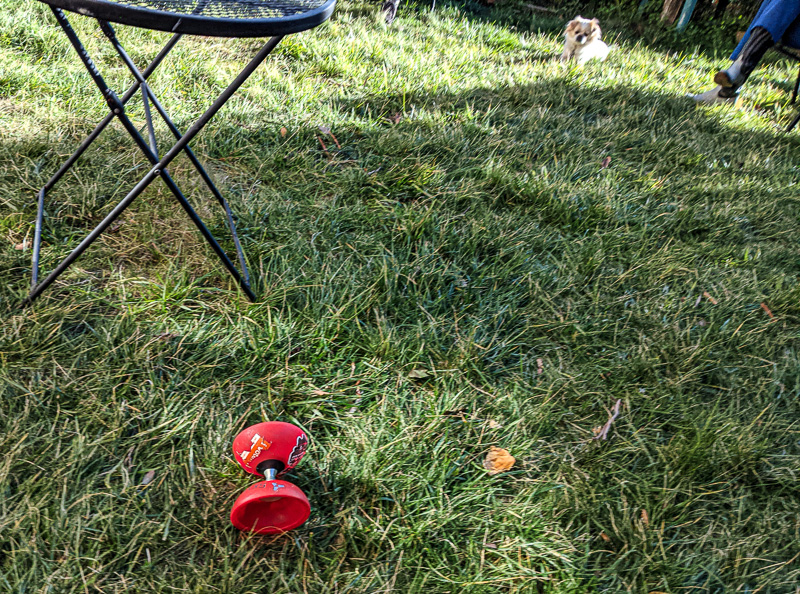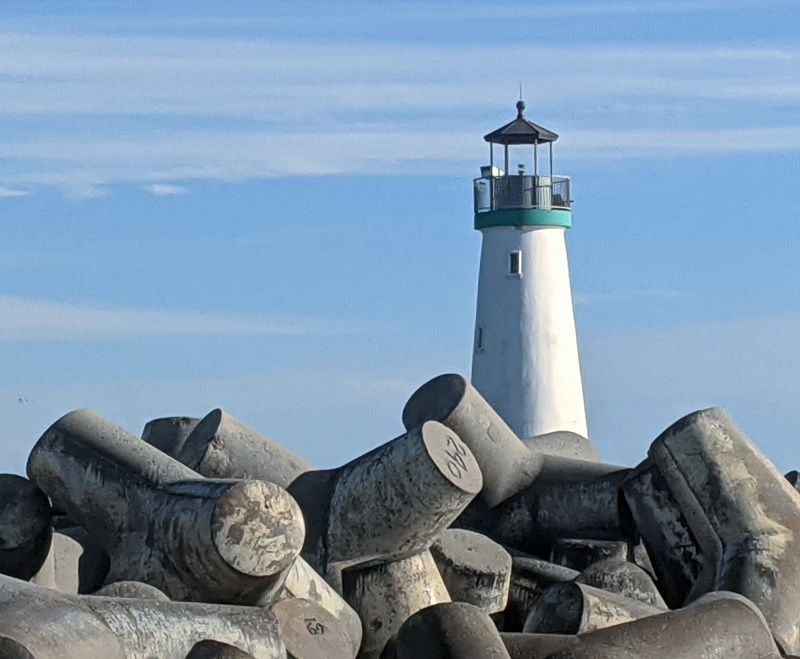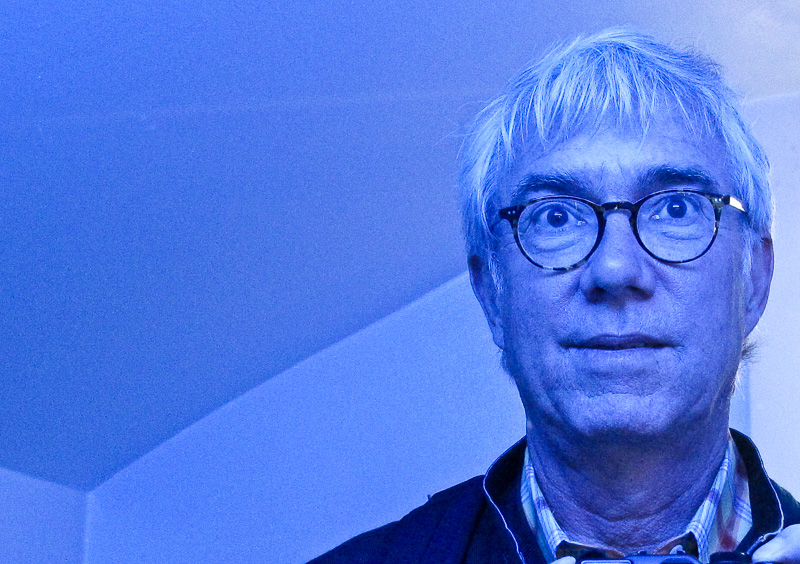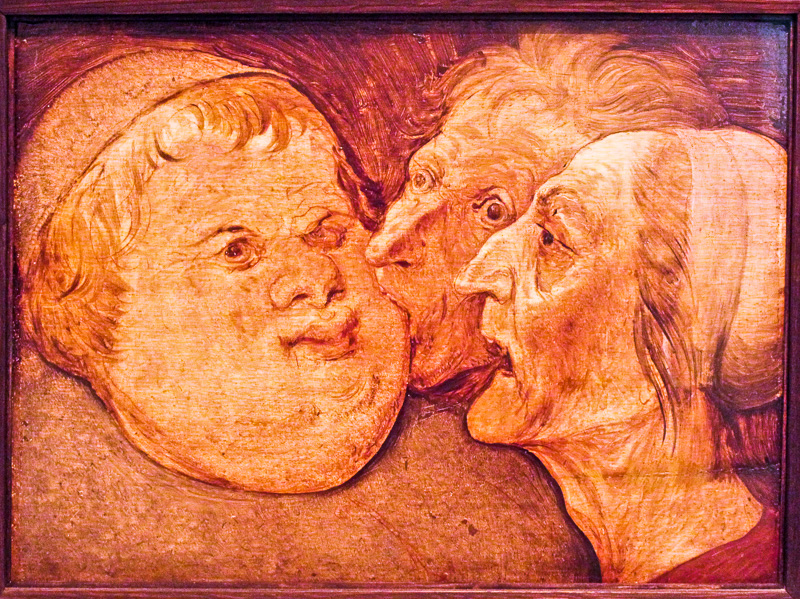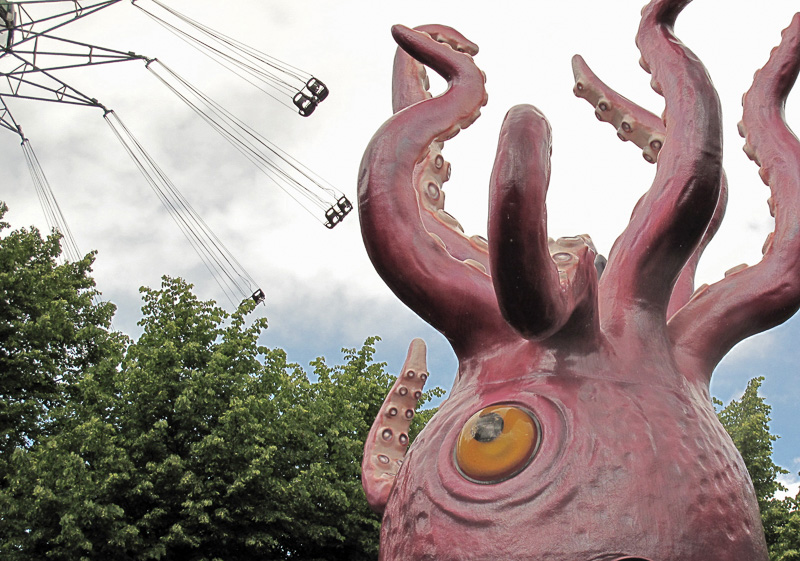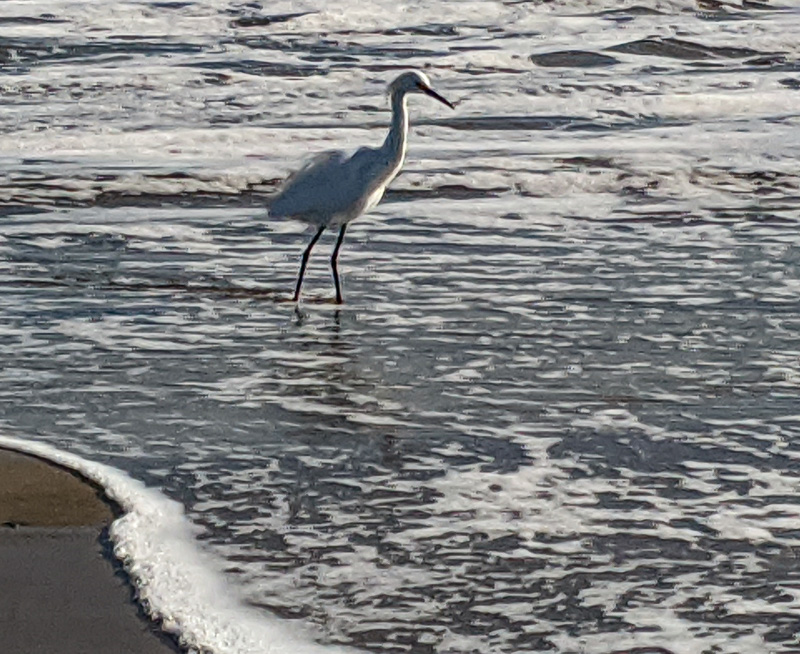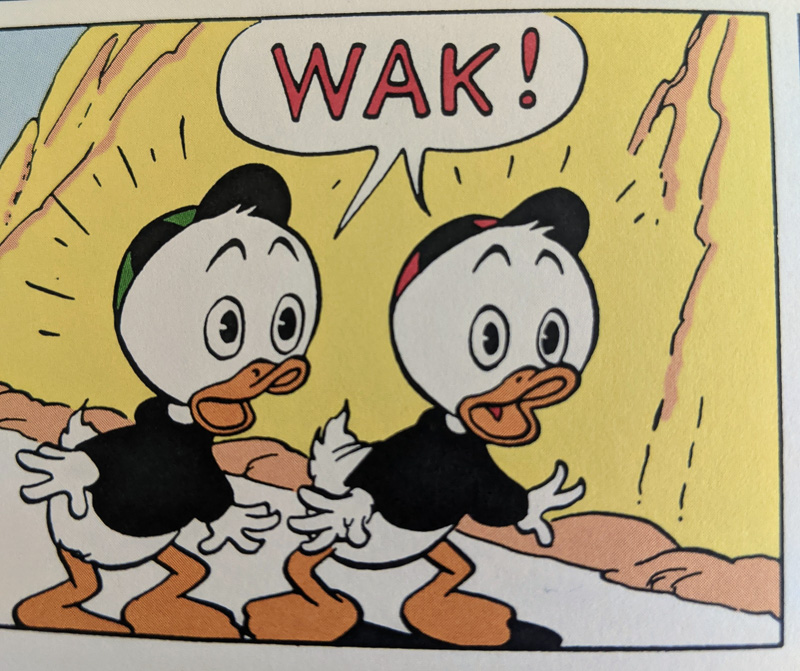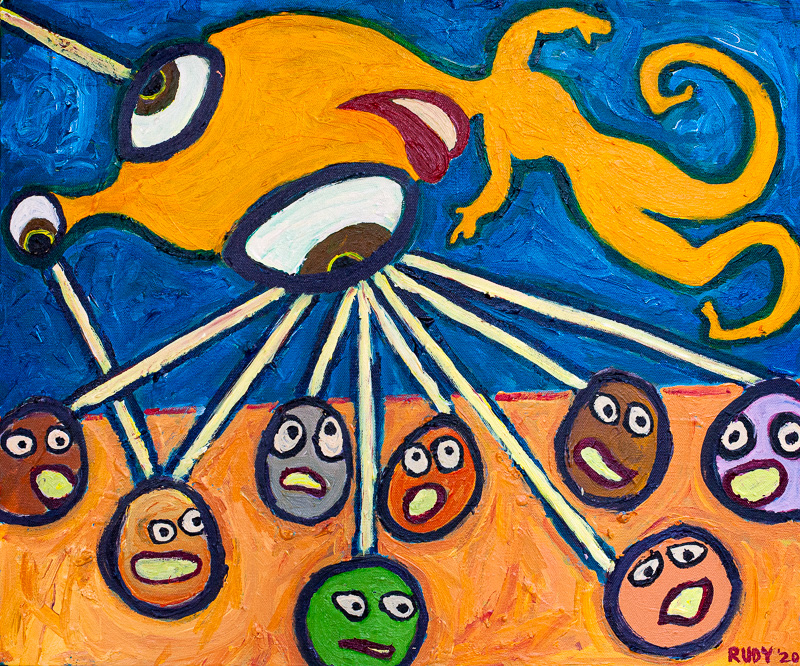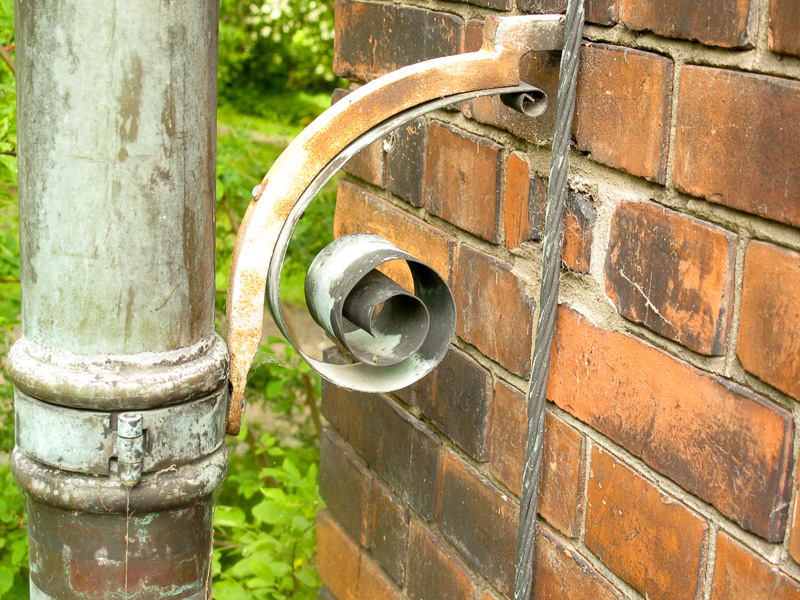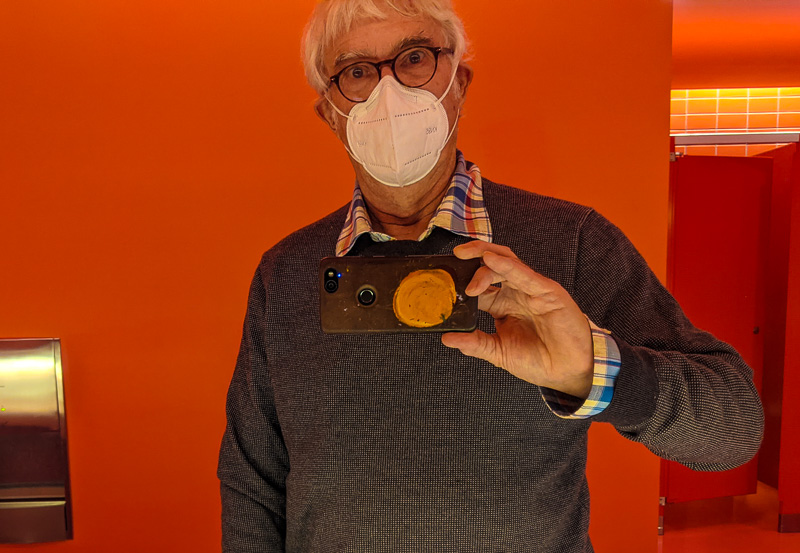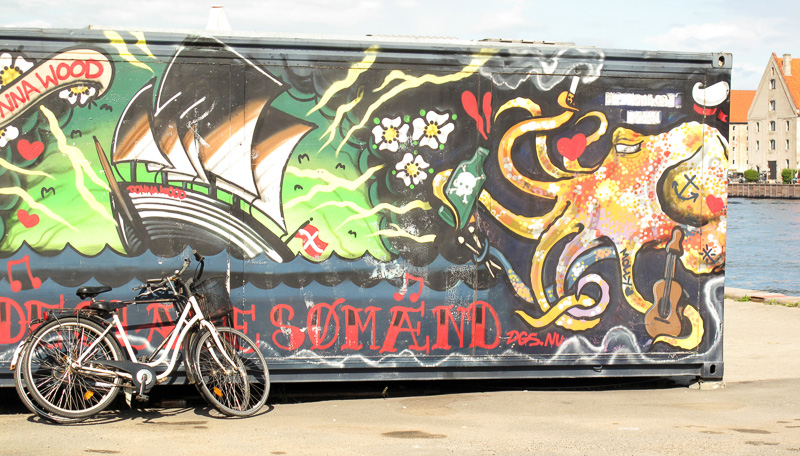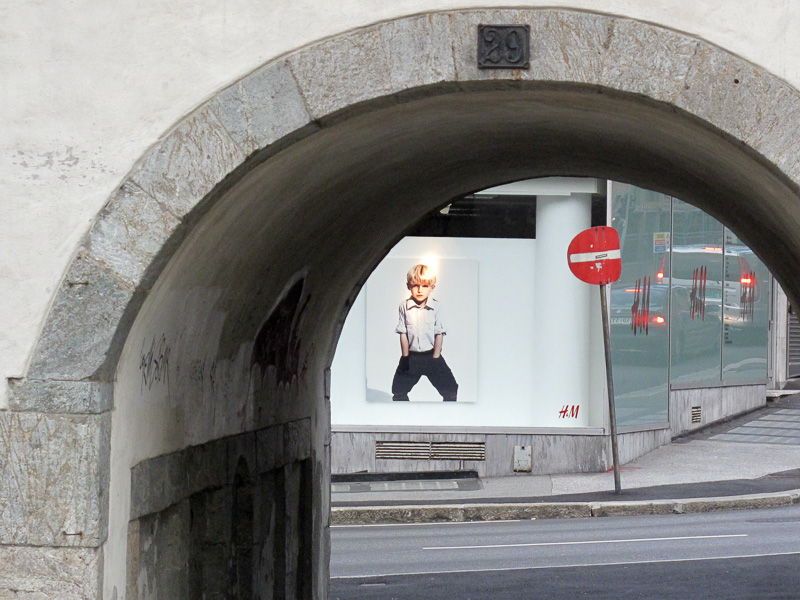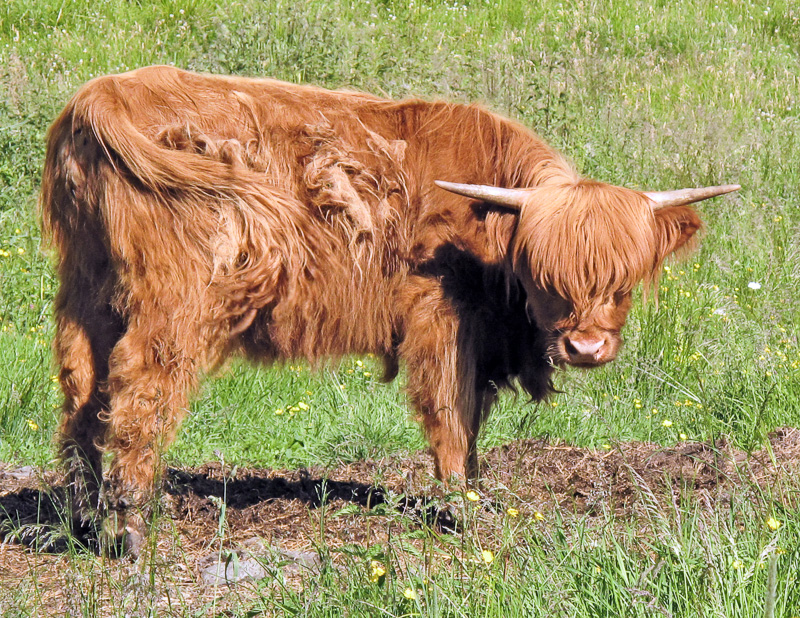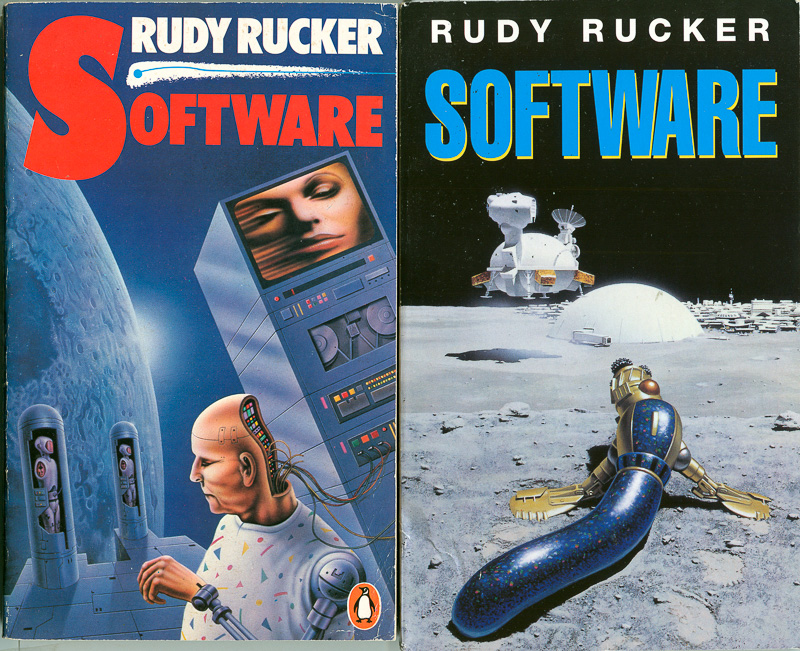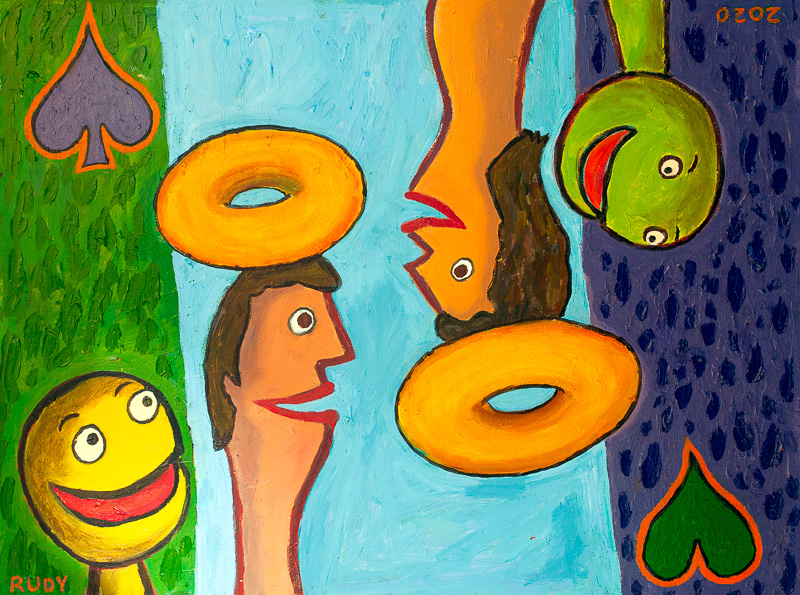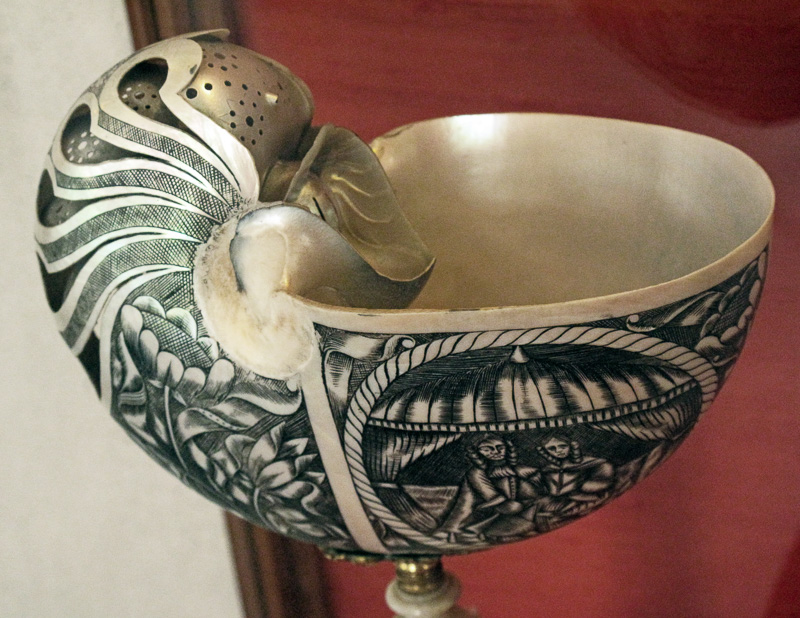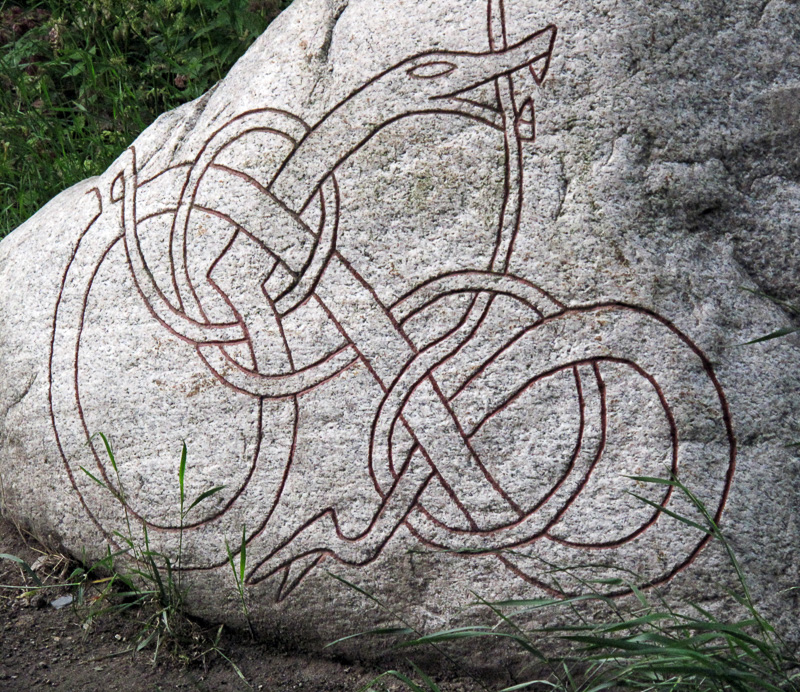I’ve been in a bloodlust writing frenzy for the last couple of months, writing all day almost every day, pushing and pushing to finish off my novel Juicy Ghosts — which I’m now calling Juicy Ghosts — that I’ve been working on for two years. It’s pretty much done now. Today’s post is excerpts of my writing journals from the last three weeks, along with a bunch of photos that have piled up. As usual, the connections between word and image are purely in the zone of surreal synchonicity.
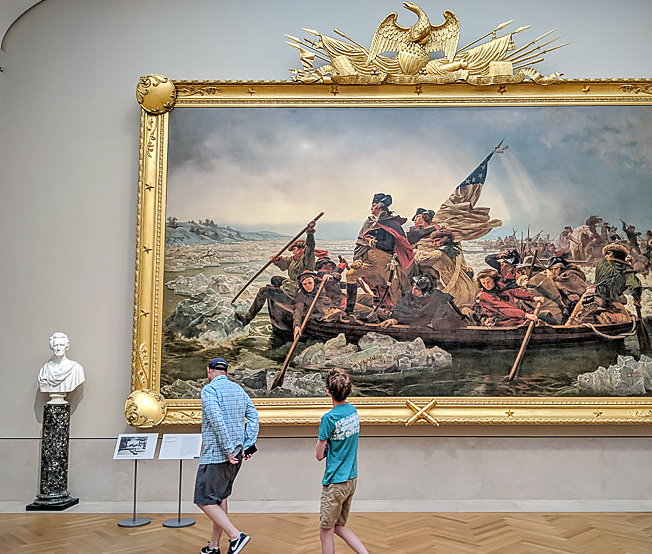
February 2-4, 2021. 8½.
I want to add a little more to Chapter 8, bringing it closer to half the length of a chapter. So I name this writing journal entry after the cool Fellini movie 8½ — although I admit it would be more logical to call it 7½ , given that I’m working on a short chapter that follows seven long chapters. Here’s some scenes I’m adding.
TELEPORT
Molly and Kayla plan to ride that sports thudhumper to San Lorenzo to fetch baby Daia and some of Kayla’s stuff. But at this point it’s a little boring to have yet another car ride in the mountains.
So skip the ride, and go through Hilbert Space instead. Molly knows how. Renormalize. Potentially a big, bomb-drop-level, plot-changing event, but I want to damp that down a bit. For now, Anselm and Molly are the only two who can do it. And let’s say Maurice can hop as well. You have to spend a lot of time in teepspace to get the hang of it. So at the end of the novel, teleportation is on the horizon, but only for people who are almost like gods.
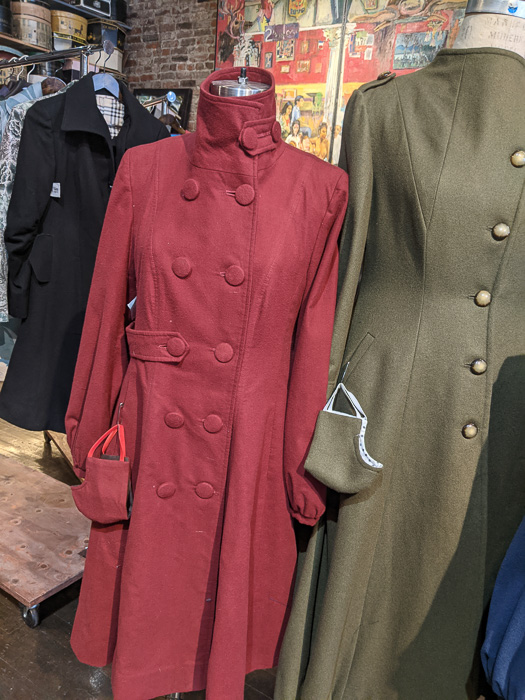
KIDNAP
In San Lorenzo, someone is about to kidnap baby Daia, or has already done so. Molly has to teleport to catch them, and she blasts them. The kidnapper is a rep for a Top Party backer who imagines Carson is still alive, and wants to set the Skyhive gigworkers back to attacking Gee.
The kidnapper is Jerr Boom. Perfect. And now the scene comes to me like I’m taking dictation or overhearing a conversation. Used it almost as is it is here in the first take.
“You can’t be here, Jerr,” says Kaya. “My Bunter X bit off your head and chewed you up.”
“Ever heard of clones?” goes Jerr Boom.
“What about Tweaky Bird?” I [Molly] say.
“Ever heard of copying a psidot?”
“Give me the baby,” I say to Jerr Boom.
“This where the bargaining begins,” says Jerr. “I know what you want. But do you know what I want?”
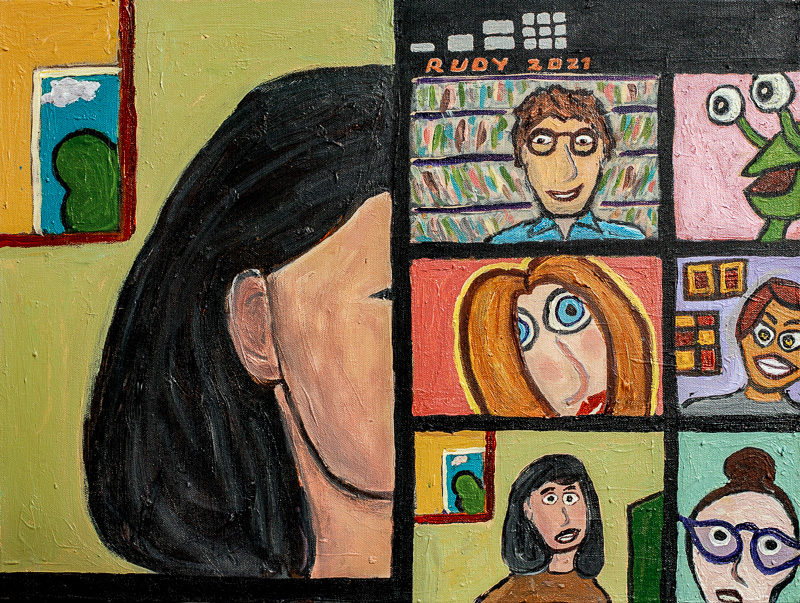
“Zoom Meeting” acrylic on canvas, December, 2020, 24” x 18”. Click for a larger version of the painting. About the extent of my social life, lately! For more info see my paintings page.
MAGIC FOREST
In the morning Leeta shows up. She and Kayla make peace. Gee, Anselm, Mary and Leeta free all the digital soul lifeboxes from big-money servers and make them into indie autonomous “halo lifeboxes.” A flock of halo disks swooping around like a flock of seagulls. They’ll perch in trees. The Magic Forest. The characters do a happy grand finale dance beneath the trees. I did this at the end of Frek and the Elixir, too.
Pairs: Molly and Liv, Gee and Mary, Kayla and Phil. Plus Maurice, Anselm, and Leeta, in no particular order. All is calm, the tension is gone. We don’t explicitly announce our long day’s victories in the media, but the rumors filter out. No more Top Party to worry about. And no more Treadle legacy. None of that is coming back. We’re on a better path.
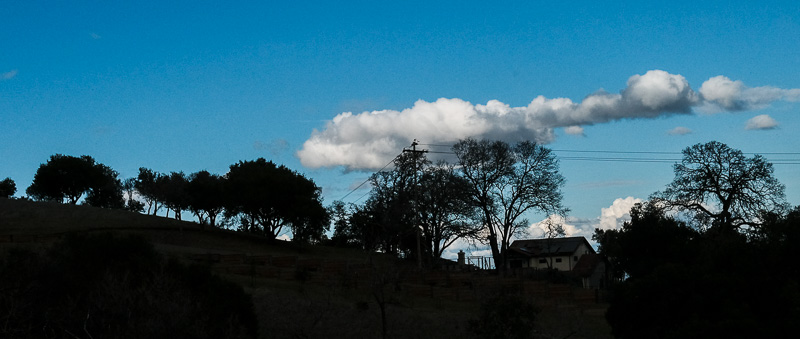
February 4-5, 2021. Grateful. It’s (Almost) Done.
I’ve been writing some really funny and elegant stuff these last few weeks. To my fond eye, each page is like a tray of gems. It makes the long labor of rolling the heavy stone uphill worthwhile, and it’s been about two years It’s work, being a writer. So glad to have made my way into in the heights again.
About three years ago Sylvia and I went hiking in the Sierras with some people our age, or younger, and we were loafing along at the end of line, but even so making our way up a really spectacular slope, with giant boulders and peaks beyond, and my heart leapt up.
“I didn’t think I’d ever get to do this again,” I told Sylvia. “ I thought it was over.” (What with my age, and my heart, and my legs.)
That’s how the writing feels this month. And I really don’t know if I’ll ever get this high into the hills again. This could be it. Every year: words harder to remember, less energy, more need for naps, oh-fuck-it-ism. But I’m glad right now, and grateful.
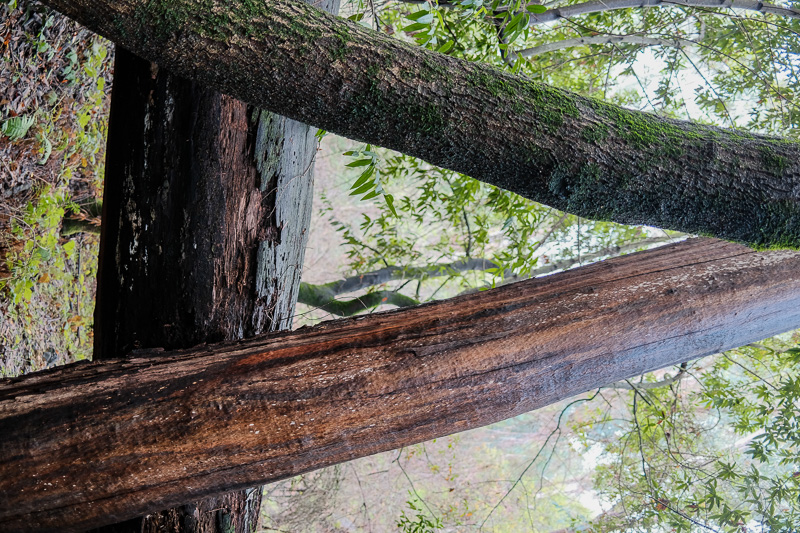
Juicy Ghosts is done, now, on Friday, Feb 5, 2021, 5:08 pm. At least that’s what I’m saying right now. Huge push over the last few days. Writing constantly, with little effort. Truth be told, there’s still a bit more to do.
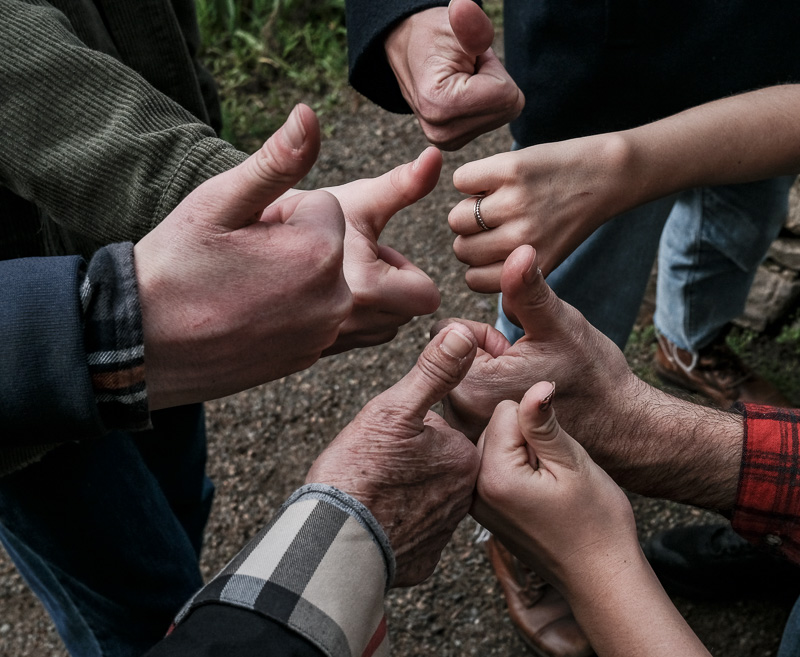
February 8, 2021. In San Francisco
Sylvia’s birthday. We came up to SF for two nights, stayed at the old Campton Place hotel, now with Taj added to the front of the name, almost empty, due to the plague, and they upgraded us to a really nice corner room on the 15th floor, overlooking Union Square, with a wood floor and two windows. Isabel was in town, and we had a few joyous family meals with her and with Rudy Jr.’s family of five, eating outside in the cold. I wore a lot of layers.
This morning at dawn I dreamed I was rewriting the last pages of Juicy Ghosts…the dream went on for a very long time, maybe an hour, and I kept revising the rewrite, moving things around, gloating over it’s high quality. I’ve been writing so much that I really do dream about revising, with my keyboard, the whole thing. I haven’t been on the laptop the last three days, a nice break. We’re driving home via coastal Route 1 today, should be fun.
About all I can remember about the dream of the expanded ending is that it involved a wise older man—perhaps it was me—or perhaps my character Anselm who is indeed underutilized in the current ending. I’ll print out the last chapter and look things over tonight or tomorrow.
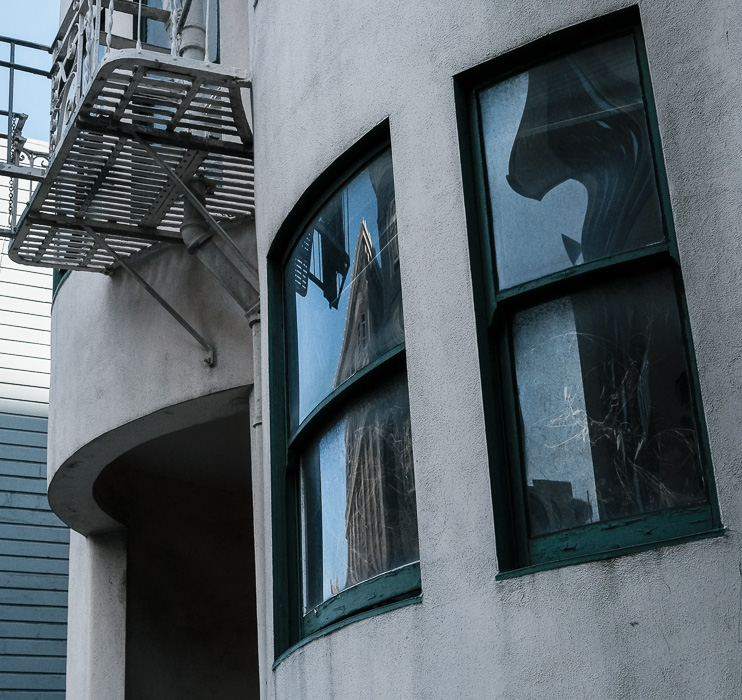
February 9-17, 2021. Fix the Ending.
Feb 12, 2021
I rewrote the ending pages three or four times by now, and, will do more. The prob is that I want to be done, so I was shorting on those last scenes, not wanting to visualize them, or complicate them, or work out consequences thereof. “Leave that to the next guy.” The next guy being nobody, or the reader’s imagination, or (barely possible) a future me who writes a sequel to Juicy Ghosts.
Looking back at some years-old writing notes last week, I came upon a passage where I talked about how I do not in fact normally write sequels, and I end the book like a musician who brings the final song to a frenzy, with fierce feedback and all the amps dialed up to 11, and he lays down his reverberant guitar on an amp and walks off stage as the feedback (which I called “feebdack” in Hacker and the Ants) pulses and rolls.
Should I quit now and maybe later add an afterword “In Place of A Sequel.” Don’t do that, you doddering slacker! Finish it all now.

Feb 13, 2021.
Did maybe the final take on the ending. I had an issue about how the lifeboxes port themselves into halos; it needs to autonomous and autocatalytic and sustainable, that is, it can’t depend of some external agent doing the port for the lifeboxes. The lifeboxes need to be a self-perpetuating ecosystem of their own, with no need for active human supervision.
So to get ready for that I needed to go back and redo Mary’s first-ever port from lifebox to halo. And the kicker I thought of is that—the system become more and more and more self-perpetuating because the existing halos help the old lifeboxes do their port.
I have not yet explicitly resolved the issue of how new users with no lifebox at all will get into the system. I need at least to say something in passing on this. Can be as simple as existing halos simply recruiting humans to get a halo. Yes, do that, allow the halos to subdivide to reproduce.
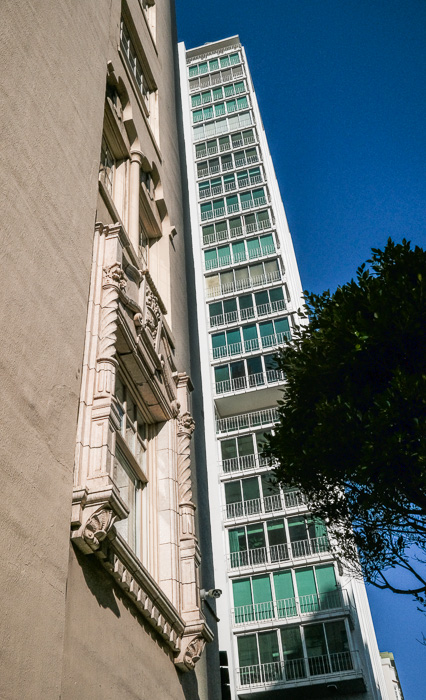
Feb 14, 2021.
Another full day of work on Juicy Ghosts—“really” fixing the ending, or almost. Will reread tomorrow. Writing the ending of a novel is hard because I tend to rush it on first second third or fourth version as I’m so eager to be done. Can’t slow down and actually think it out till about fifth or seventh (or whatever-th) try.
Feb 15, 2021.
I’m inclined to stonewall and stick with the belief that teep won’t work without psidots. The brain-psidot architecture. Psidot teep came first. And lifebox immortality builds on psidot teep.
“The Finn Junker lifebox-psidot-body architecture is here to stay,” says Gee. “The psidot provides a human body with ultraweak wireless. Crystal-clear, long-distance, data transfer. It’s an essential interface between organic bodies and teepspace. You use your psidot to teep with people, to share chemical mood-templates, to upload your memories into your lifebox, and to let your lifebox instruct your body. But—”
“What if I zap you with a trillion volt shock?” interrupts Mary, annoyed by Gee’s endless jabber.
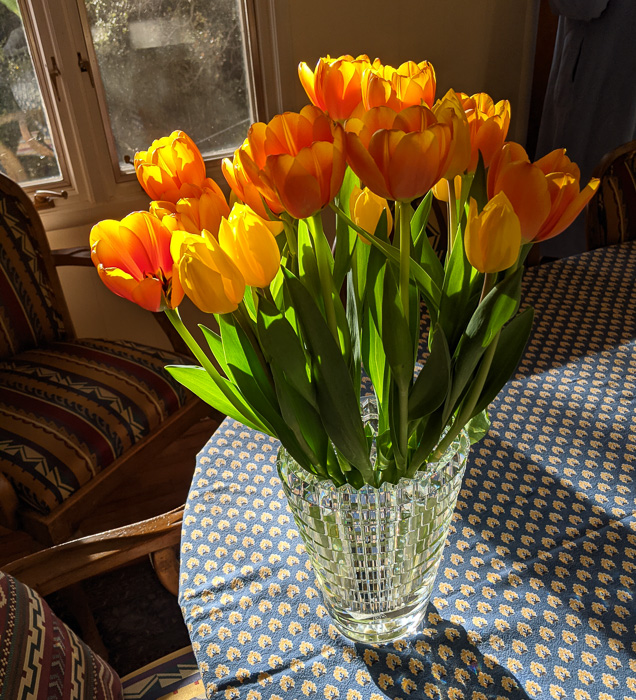
I am pushing the idea that the halo lifeboxes become an independent life form that is symbiotic with us.
So then, as a final step, I could say that, by way of promoting our partnership, the halo lifeboxes themselves begin culturing and distributing the psidots. Like ants who farm edible fungus in their nests. Love it.
Might work some of that in today while I mark up and type in yesterday’s ending’s printout. Still here typing in bed. My butt hurts, I’ve been doing this every day for (feels like) months.
Also I’m doing more work on revising my passages about the port from lifeboxes on servers to the indie, autonomous halo lifebox. A new race a-borning.
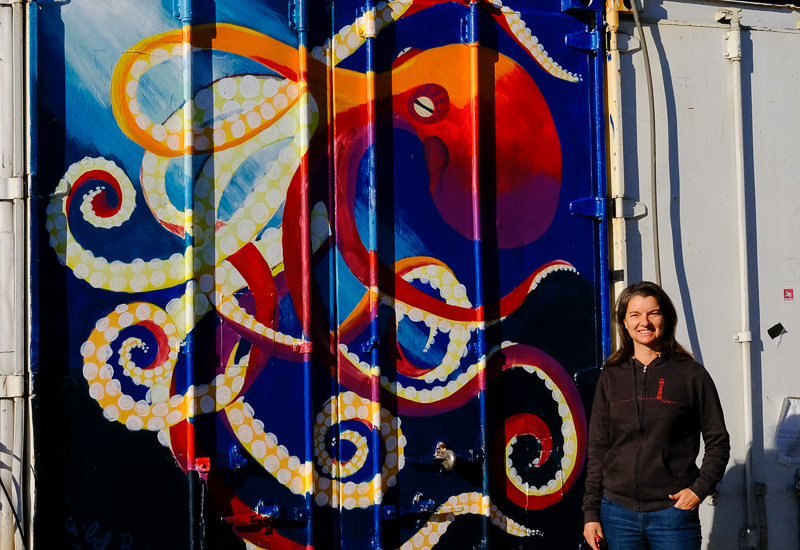
Feb 17, 2021.
I more or less really, really, finished it , and mailed copies to Marc Laidlaw, John Silbersack, John Walker, and to my writer friend who edited Big Echo ezine, calls himself Robert Penner or William Squirrel, depending.
Drove to Carmel yesterday with Sylvia, a nice day off. At home in the evening, I dropped the DOC into InDesign, exported as an EPUB, converted into a MOBI with Kindle Previewer, and emailed that to my Kindle via Amazon. Read the last chapter on my Kindle last night, lying on the couch with my Kindle, highlighting problems with touches of my finger. Fun to see it in a “commercial” format.
The next day I scrolled through my highlighted sections on the Kindle, spotting the highlights, and typing fixes into the text on my desktop, and fully rewriting the last page or two. Printed that last bit just now, and if it’s okay, I’m done. Again.
Go outside, Rudy. Fix the sprinklers.
No, wait, finish fixing the ending a few more times.
And that’s what I did.
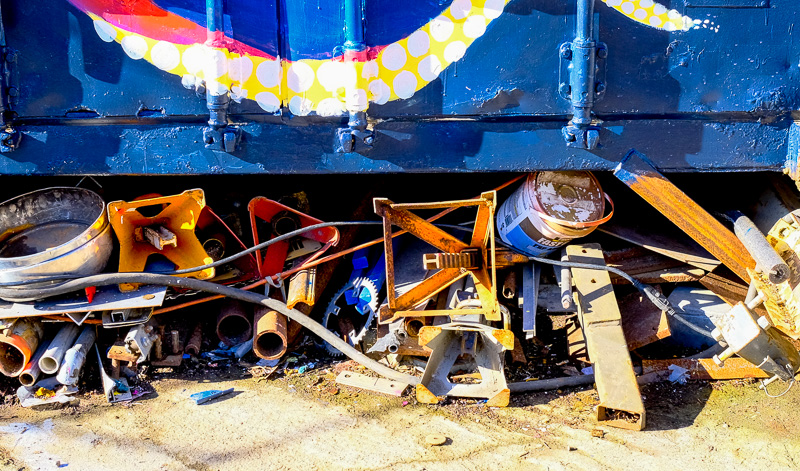
February 19, 2021. Mary Segue.
Marc Laidlaw read the book pretty quickly. I know it’s borderline vain of me, but I’ll copy two of his nice remarks here. I need all the encouragement I can get at this early stage. The way my career has been going—I had to self publish my previous novel Return to the Hollow Earth, although the novel before that, Million Mile Road Trip, came out in a very nice edition from Night Shade who are, however, looking maybe a little iffy in these tough times, well, Kickstarter + self-publication is at this point very much a possible fate for Juicy Ghosts! Marc:
This is some of your best stuff, it just flows wonderfully, the characters are great—especially Anselm. He’s a wonderful mouthpiece for quirky observations. It’s cool, especially having seen the separate pieces of these over the past couple years, to see the way you’ve put them together and developed something larger out of them.
And he liked how quickly the book moves. He posted a nice tweet about this when he was done reading it.;
Juicy Ghosts is a thing of absolutely breakneck pace, high energy throughout. It feels like it was written in one sustained breath, though I know he’s been working on it for a couple years, breathing periodically. Hope it finds a home.
Marc had some suggestions that will require another full week of work on Juicy Ghosts. And yet again, I want to “really, really, really” fix the ending, or almost.
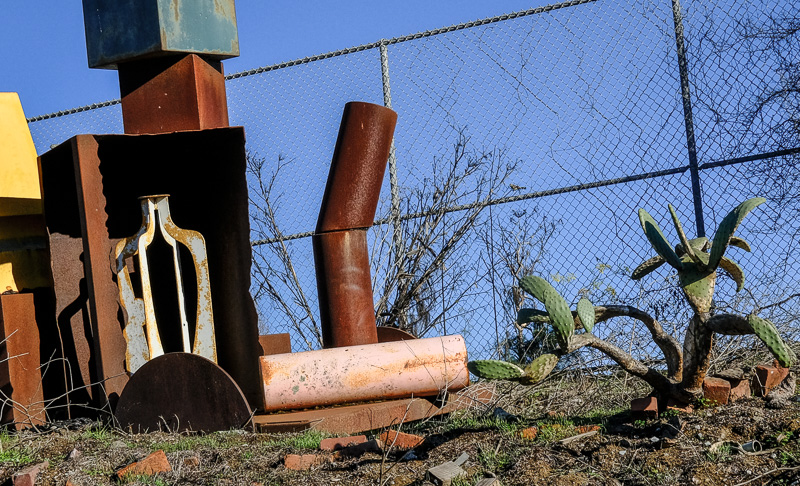
February 22-23, 2021. Mary Segue. Walker Weighs In.
I need something at the start of Chap 4, just something simple, a scene sketching out the year and a half passage of time between Jan, 2061 and April, 2062. Mary’s past.
One thing to depict is the gradual return of the Top Party as a force. Mary’s somewhat apolitical, but she could overhear talk about this. The Treadlers were decisively defeated in January, 2061, but they’ve been machinating for a year and a half and are coming back in April, 2062.
Setting that aside, the high point of the segue scene at the start of “Mary Mary” is the decisive concert, when Mary and Kayla are performing at the Pot O’ Gold and Gee gets the notion that Mary might be able to port herself to a halo lifebox. It’s not necessarily the case that Mary’s talent is unique. It’s enough that she’s a good, self-expressive singer, and that Gee sees her in person. At present that scene happens off stage, and with Gee perhaps even seeing the show online instead of in person, and, as Marc pointed out, it needs to be live in the book.
Who else plays with Mary and Kayla, by the way? Think of them as a bluegrass quartet. We have fiddle (Kayla) and mandolin (Mary), and could use bass (Dick Cheeks), and banjo (Joe Moon).
The voice thing—Gee can hold forth on that a bit. It’s a move I’ve used before, having a voice express a soul. In fact I already have a bit of that in the earlier sections of Juicy Ghosts, don’t I? And I think I did it at the end of Postsingular.
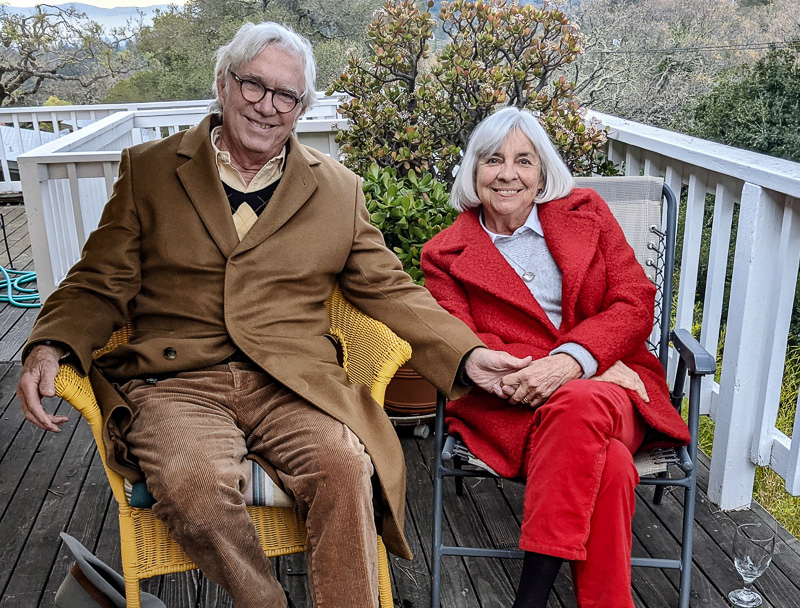
Now John Walker sent me a great set of conceptual comments on the “rubber science” and a long list of specific proofing corrections. I typed in the corrections today, and I’m working on the comments.
Teep & Psidot Bandwidth.
The teep and psidot bandwith problem….yes the way out would seem to be something along the lines of the dark matter (dark energy? quintessence?) or the Hilbert space channel, like how in Spaceland I used a 4D channel. I went for the Big Lie and wrote this:
“At the risk of boring the shit out of you, I’ll say a word about ultraweak wireless. It’s quite distinct from the wireless signals that were used for old-school smart phones. The giggle is that ultraweak wireless is in fact much stronger. It’s not a standard electromagnetic-wave-type signal at all. Ultraweak wireless uses new physics. It wriggles out of our workaday four-dimensional spacetime continuum, out into the raw Hilbert space of quantum mechanics, and wings through those dark caverns, free as a bird, unfettered by such mundane niggling factors such as distance or signal power. You teep someone via ultraweak wireless, and, baby, you’re there. And even so feeble an organ as a human brain as the oomph to pull it off.”

Treadle Disease Propagation Speed.
John made the point that at first it was hard to give Anselm the Treadle Disease; Loftus had to inoculate him with a thorn. And then suddenly a day or two later, almost everyone in the US has it. To me this fits with the insane upward rush of the Corona virus. But for it to be this fast, you need a tweak.
I went for sleek, wriggly, hyperactive viruses. They are in contact with Top Party labs via their bristle antennae, and those guys are crunching and improving the design.
How Utila the Giant Amoeba Flies.
John says that if I’m saying it’s levitation, then the chunks should levitate too. Use membrane-enclosed “balloons” of hydrogen, created quickly and discarded casually. Created by photocatalytic water splitting, a type of artificial photosynthesis that produces hydrogen from water and light—currently a dream, but a future biotech reality. Carried out by our tweaked amoeba. 100 hydrogen balloons of 8 ft diameter can lift 2,000 pounds. So one balloon can lift 20 pounds. So a humanoid 80 pound kritter chunk of the flying amoeba would need four or five balloons. And we can et about 25 of these guys out of the amoeba for attacking the Top Party raiders, akin to the Jan 6, 2021, Capitol mob.
Juice?
The juice was a big thing to me when I started the novel—at one point I was calling it Juicy Ghosts—and then I demoted that to a chapter title, and then forget to keep pushing on “juice” later on, but supposedly a lifebox needs it to be hip. So you’d wonder how, for instance, Molly’s raw teepspace lifebox was makin’ it. John also points out that any Skyhive lifebox ought to be able to draw in juice from the living server dough. And Gee’s guest lifeboxes could draw “elan vital” from the redwood server tree. I want no for Skyhive, and yes for the redwood. Can I use the phrase “elan vital?” doing the job. Run some jive about it being holistic ensemble quantum state function?
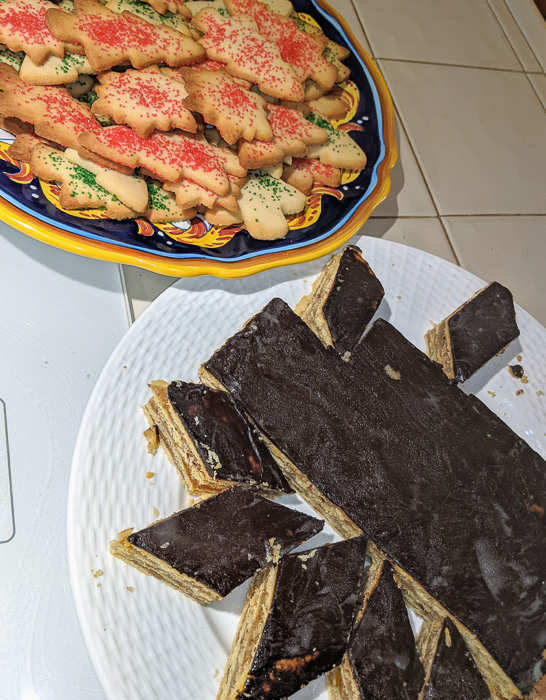
Renormalization Is Too Powerful.
If everyone learns to renormalize (teleport and more), they greedily or angrily destroy the world in short order. Limit the power to rare god-like figures like Molly and Anselm. I had this issue at the end of Realware, and in that case, a magic wand called the alla, and, having been warned by John Walker that this could be a portential world-killer, I ended up suspending the allas’ power.
What is a Halo Lifebox?
What the hell is it made of? I initially wanted to say quintessence, then for some reason backed off, seemed like too much extra BS to feed the reader. So I said charged ions, but I forgot to say they’re in some odd quantum-computing linkage. That ought to do the trick. Play the effin’ quantum card. Like the “Get Out of Jail Free” card in Monopoly.
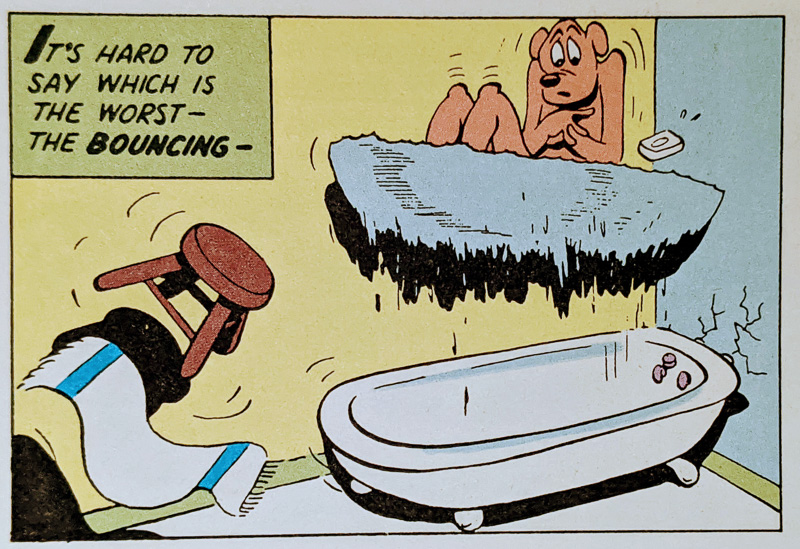
Reality of Teepspace
An additional late-breaking comment by the sage John Walker:
As to the issue of where the halo lifeboxes are hosted, the reason it didn’t bother me and I didn’t say anything about it is based upon an assumption I made about the ontological status of teepspace which, as I think back on it, is never made explicit in the novel. The discussion of teepspace as a Hilbert space and the ability to renormalize things in consensus reality gave me the impression that teepspace is an actual, real space of some kind, which users of psidots are able to access. It is not, for example, a simulation like a massively multiplayer game running on a server like Skyhive or Gee’s in the redwood tree. If it were a hosted simulation, then people hosted on Skyhive wouldn’t be able to communication with those hosted elsewhere, and I don’t think that’s consistent with Gee’s re-hosting some people without their knowledge: if they were suddenly cut off from those still on Skyhive, they’d immediately know what was up. But if teepspace is real, wherever it is and however it works, there’s no reason one shouldn’t be able to host a server there instead of externally. It’s kind of like replacing Gmail with hosting your own mail server on your own machine. You can do it (heck, I did it for more than 25 years), and it’s just a matter of performance, maintenance effort, and security. So, people with halo lifeboxes have just migrated from the cloud to their own hosting in teepspace.
I like how John puts his finger on the fact that I’m viewing teepspace as “real.” And that’s why ports are so feasible. I guess the “cyberspace” of the internet isn’t equally real, is it. I mean, if all our computers died, there wouldn’t be any web cyberspace left. But as long as living organisms are around I guess teepspace is real, and maybe it’s real when they’re gone as well. To me teepspace is similar to what I call the Mindscape in my non-fiction Infinity and the Mind, you can read the section here. The class of all possible thoughts. I ought to explicitly discuss the objective reality of teepspace in Juicy Ghosts.
So, okay, here we go, right off the griddle, a new rap on this from Juicy Ghosts, written just now.
“What is teepspace?” I [Molly] break in. “That’s the part I don’t get. At first I thought teepspace was just a marketing word. Like the cloud, or the web, or even cyberspace. But it’s more like it’s—real? Something that’s out there. Natural. Non-tech. Independent of our devices. Like space and time.”
“Heavy insight,” goes Anselm. “You are the one to watch, Molly. We Finn Junkers feel that teepspace is like the metaphysicians’’ mindscape. The class of all possible thoughts, a pre-existing Hilbert space, including even the thoughts as yet unthunken.”
“Unthunken!” the all-biz Leeta dismissively exclaims. “Give me a break.”
Yah, mon!









